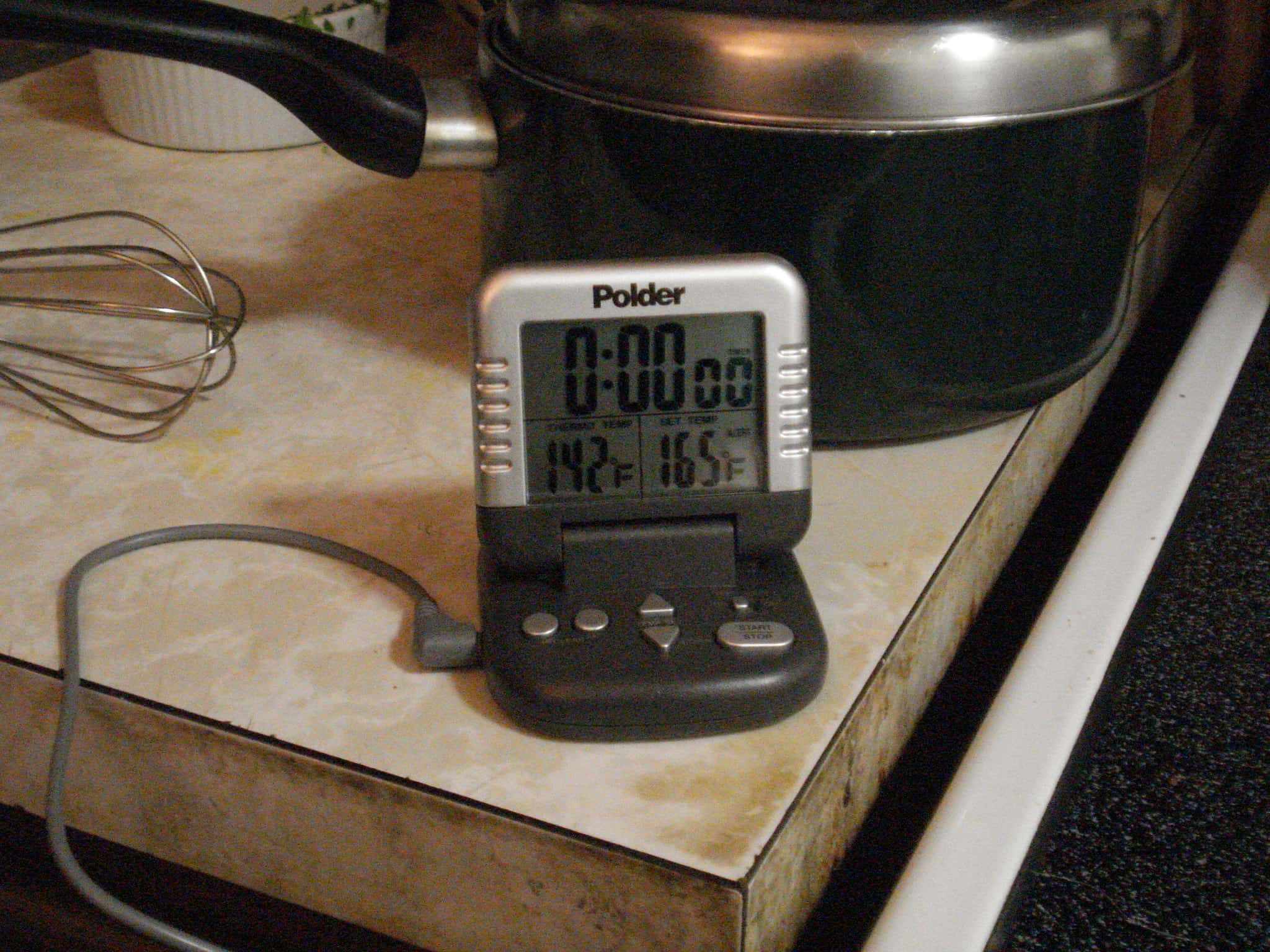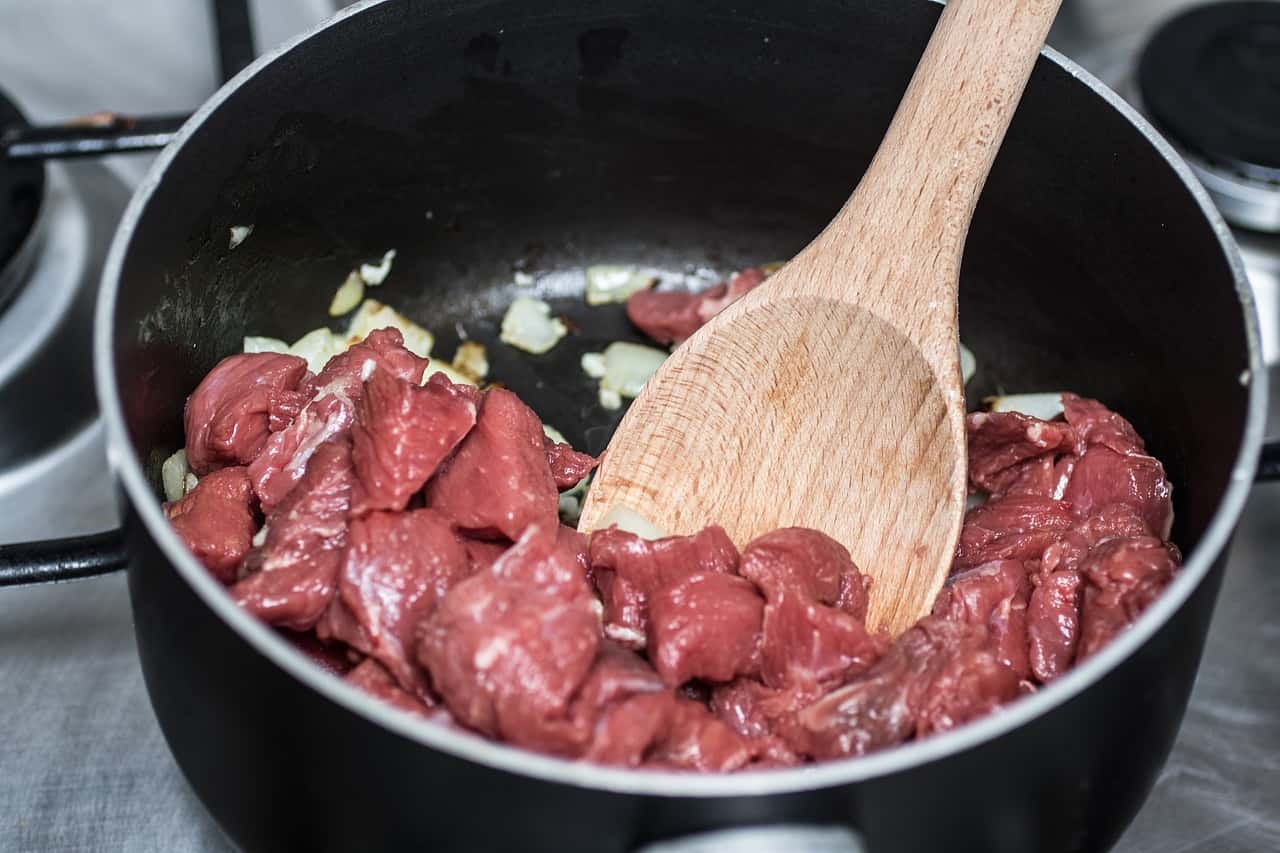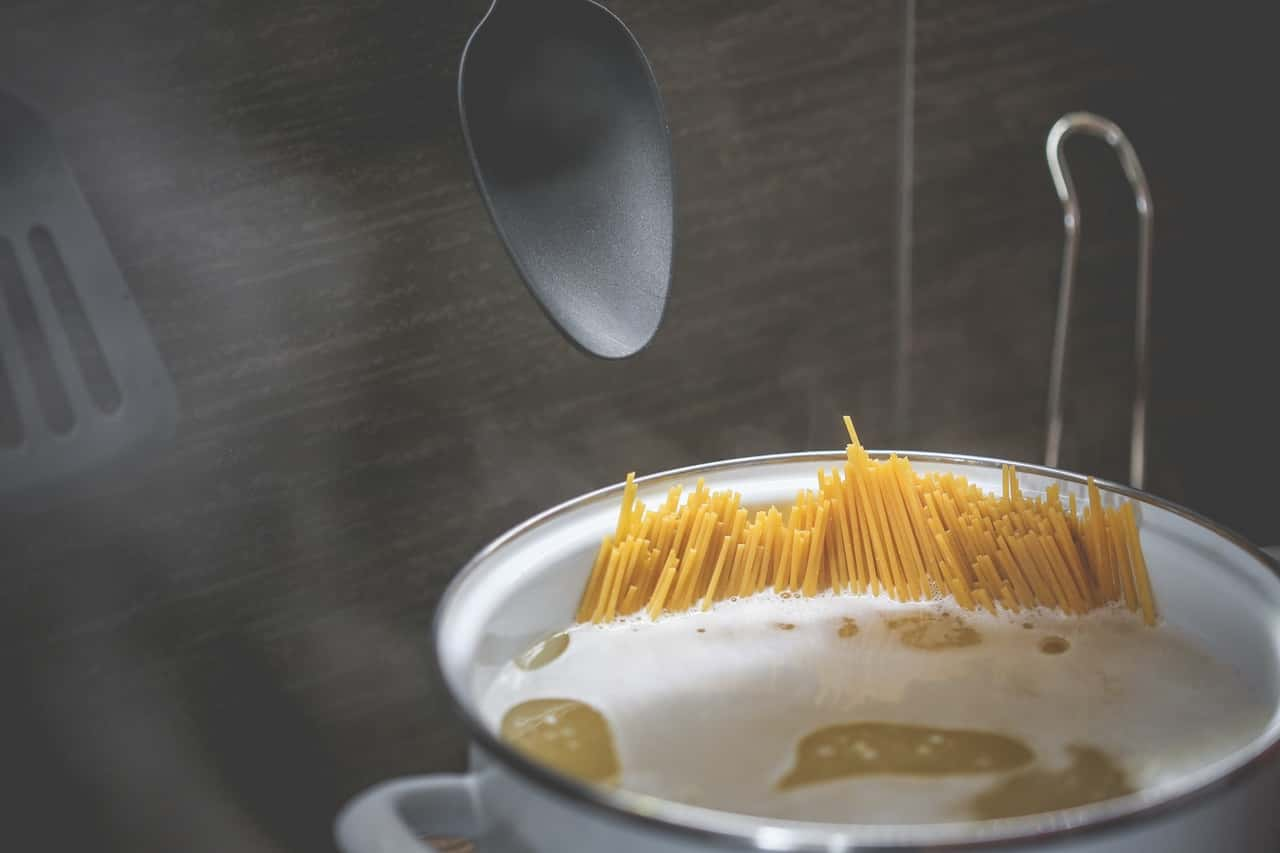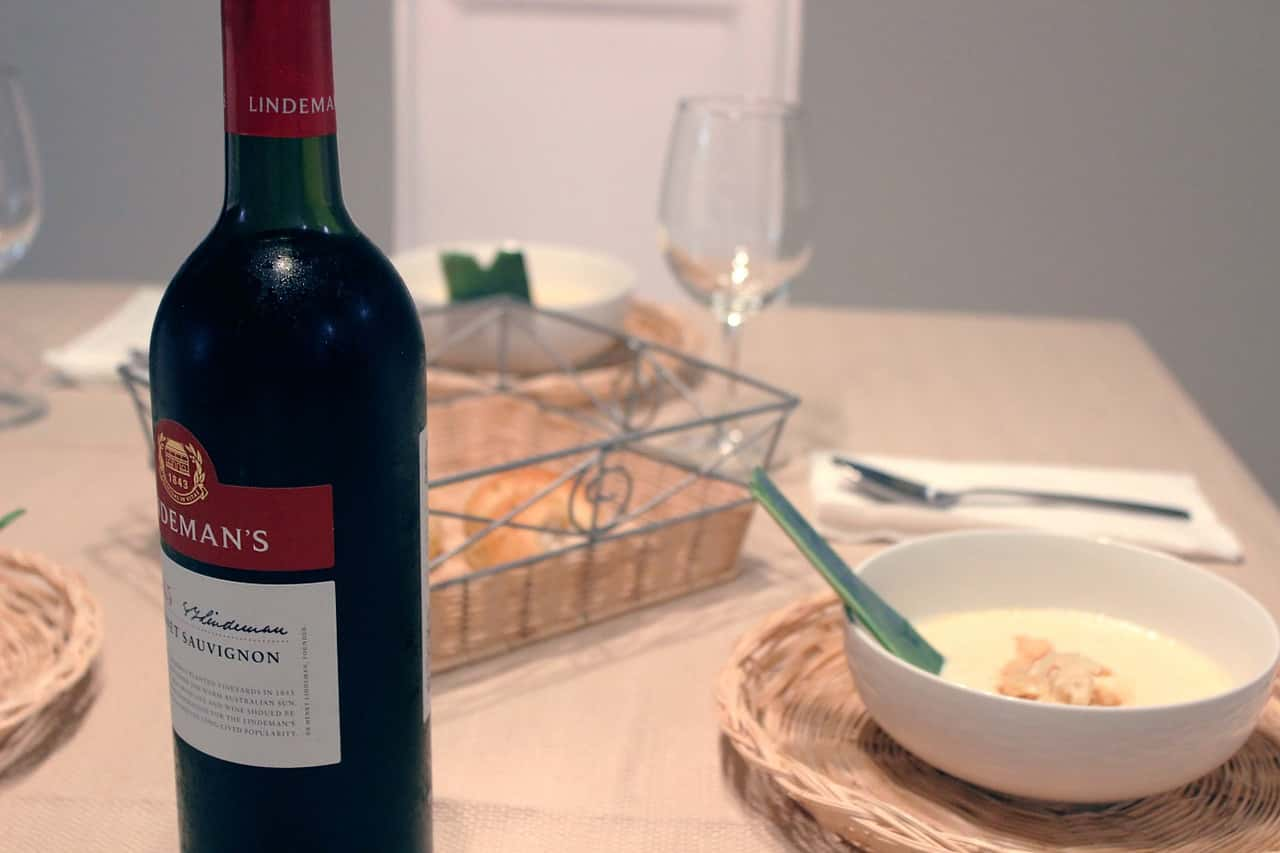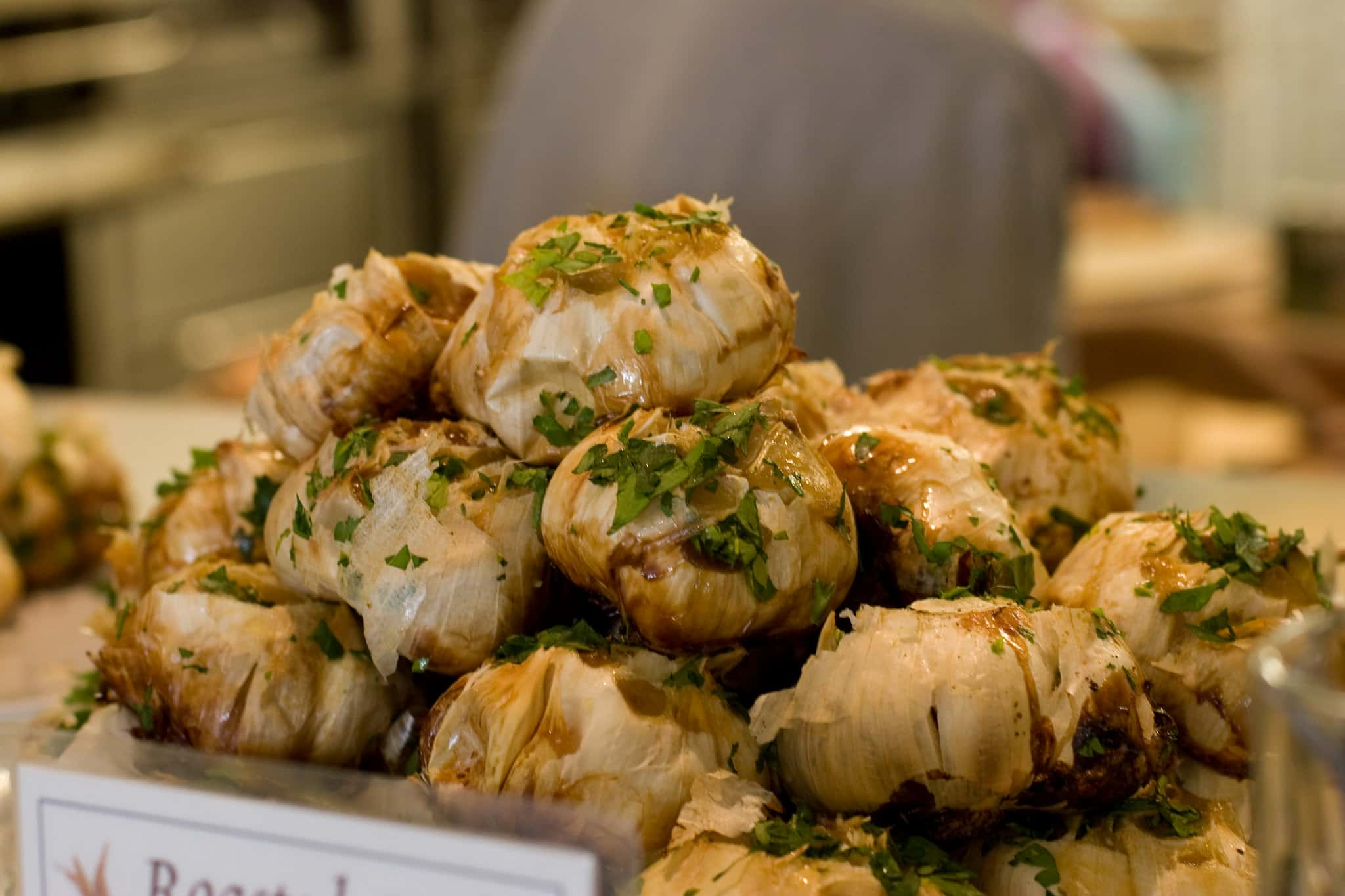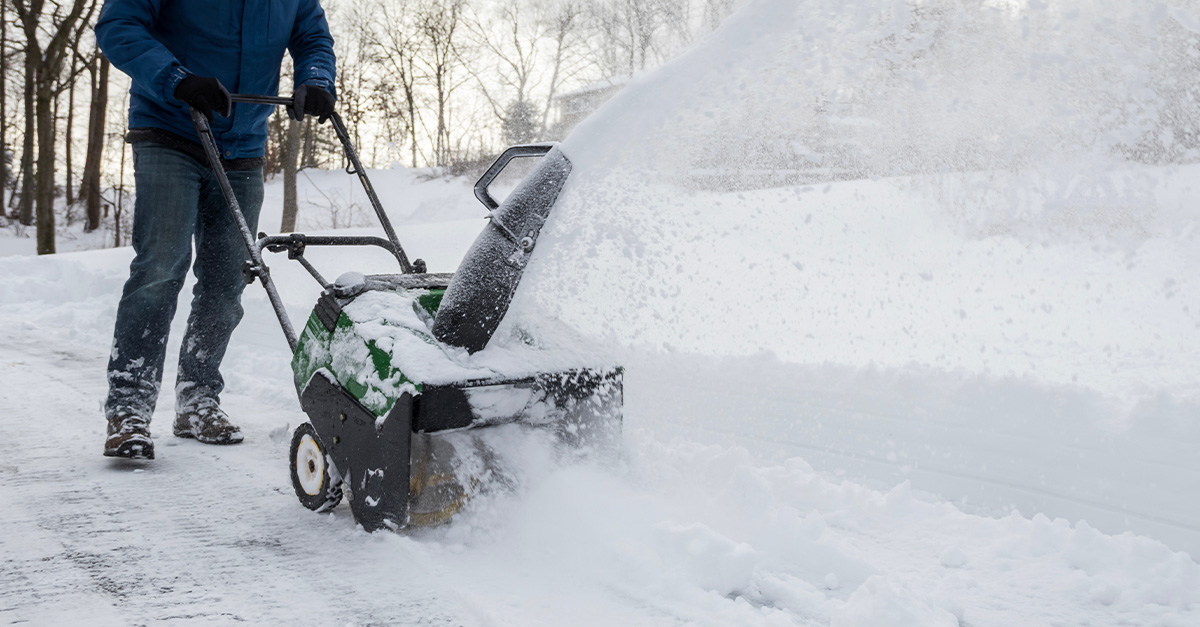Let's face it, when it comes to home cooking, we all need a little help from the experts. Whether you've overcooked pasta, undercooked chicken, destroyed a few too many omelettes, or burned everything you've ever put in the oven, you've likely come across a challenge or two in the kitchen, and now, you're looking for a few tips and tricks.
So who do you ask? Sure, you could ask your mom, or maybe even a friend, but if anyone knows how to cook, it's the chefs who spend every day working in kitchens. Their jobs literally depend on them cooking better, faster, and smarter than anyone else. So if you want to work like a pro in the kitchen, take advice from the experts. Here are the best cooking tips from actual chefs:
Don't forget to check the comment section below the article for more interesting stories!
#1 Learn Techniques, Not Recipes
Learn cooking techniques instead of recipes. Don't approach recipes like they are magic spells in the Harry Potter universe. If you wiggle your nose wrong or put in a speck too much of seasoning, you're not going to end up with a completely different dish.
Alton Brown does an incredible job of teaching a cooking technique and then showing you a recipe that applies that technique. If you learn a process instead of a recipe you will know how to cook dozens of dishes. It's really the only way to develop skills in the kitchen.
#2 Top Tips
A chef here. Hopefully, some of this is helpful. This is general stuff that applies to most people I train or speak to:
- Don't watch those cooking videos on Facebook. Or at least don't follow them to a T. They usually don't follow good cooking fundamentals and often overcook their meats or have weird steps in them that a chef would never do. I usually see them and think they are awful.
- Learn how to properly dice an onion into small and even-sized chunks. Raw white onion belongs on way less food than you think it does, especially when it's cut into large uneven chunks. If you want onions on something try sweating, roasting, caramelizing, or seasoning them with some acid or salt.
- Having a sharp knife and learning how to do basic cuts is very helpful. Learning to cut fresh herbs finely without damaging them, or cut consistent sizes in meats and vegetables for even cooking can help out the taste quite a bit.
#3 Clean
#4 Cook Garlic Properly
When a recipe calls for garlic, people need to try adding both raw garlic and roasted garlic. The raw garlic will still have that sharpness and bite (when cooked), but the roasted garlic adds an entirely different dimension; a mellow, earthy flavour. And the two complement each other very well
#5 Season Meat Well
If you're cooking with chicken or pork, season aggressively. Both meats are wonderful seasoning sponges. Find a regional spice map or guide and start combining flavors.
#6 Try Acid
#7 Here's How You Cook Eggs
Not a chef but I have worked in a kitchen. The best tip I ever got was for frying eggs. Have it on a medium temp, NOT roasting hot, and once you've cracked your egg, cover it. Use a pot lid or something. This means your egg cooks from the top and the bottom, so you get a perfectly runny yolk without any undercooked white around it. I use this every single time I fry eggs and I've never looked back.
#8 Don't Substitute Calories
If you're worried about calories, just eat a smaller portion rather than substituting "healthier" ingredients. Especially when baking.
#9 Great Trick
Sharp knives make everything easier.
#10 Try The Recipe First
Number one rule in my book is to follow a recipe exactly at least once before messing around with it. I've seen too many people get angry or frustrated because they decided to substitute X for Y, and then the dish turns out badly. Try the recipe first, then decide if there's too much garlic, or if cinnamon would taste better to you than nutmeg.
If you hate peeling garlic, take as many cloves as you need, toss them in a bowl, cover with another bowl, and shake the heck out of it. The peels get knocked off. Also, don't mess with margarine. Just use butter.
#11 Good Tip
If something burns slightly, throw BBQ sauce on it and call it "Smoked". If something that's supposed to be smooth comes out chunky, call it "Homestyle".
#12 Use Cocoa Powder
Pastry chef here. It's not my best tip, but it's the only one I can think of on my day off. Flouring pans for cakes is a step not to be skipped but when it comes to chocolate cakes, it looks awful. So for dark cakes, I use cocoa powder instead.
#13 Take Your Pick
Use more salt than you think you need. Don't add it too early into the cooking stage, but when you are doing your final taste before you serve something, make sure it's seasoned. Use different sizes of salt depending on what you are doing. Typically, seared meat is better with coarse salt. Fine salt is best used when you don't want the texture of course salt or you are worried it won't incorporate properly into the food.
Once you learn to season with salt, balancing dishes with acid is another good step. Citrus juices and vinegar work well and can really take things to the next level. Also, taste often and at every stage of cooking. Make sure you taste it before you serve it. You probably need less garlic than you think. Even though it's delicious, the same goes with herbs and spices, when I was starting out I always overdid it. Really good ingredients can speak for themselves. Finally, I always try to look at three recipes before I cook something new. From there, I usually freestyle but if you're less confident, just pick one. By looking at a few you get a better idea of key ingredients and ratios.
#14 Chopping Rules
Chop with the rear part of the blade, not the tip, in a rolling motion.
#15 Let It Fall
A falling knife has no handle. If you drop a knife, get the heck out of the way and let it hit the floor. Washing it is easy enough. Try to catch it and you could be visiting the emergency room.
#16 Heat Is Key
Heat will remain in your food after turning off the stove and it will continue to cook, so pay attention to your timing. For example, when you want to add cheese to your omelette, the cheese should melt in a plate with the heat of the eggs, otherwise, you will have overdried the omelette. The same goes with overcooked pasta.
#17 Control Your Heat
Control your heat. Control everything, but mostly your heat.
#18 Take Your Time
I've done lots of home and commercial cooking. My top tip is to take your time. The pan doesn't need to be at maximum heat. The sizzle doesn't mean it's ready to flip; it means it's cooking. If it can simmer another minute, let it. I understand time-sensitive dishes and being in a hurry, but nearly every dish I've ever cared to try or throw together or anything benefits from time and care. On the note of throwing things together, never be afraid to experiment—especially at home. It's fun, and folks that don't cook can and will mistake an experimental move for the better as a stroke of genius on your part.
#19 Listen to Italians
Not a chef, just Italian. Now, at last, I can rant on how to cook pasta. For the love of what's holy, wait for the water to reach boiling point before dumping the pasta in it! And remember to salt the water. Nobody likes to eat starch glue. Furthermore, when making spaghetti try to use a proper pot, it shouldn't be necessary to break the spaghetti in half in order to cook them.
#20 Two Cloves Minimum
The only recipe that should have only one clove of garlic in it is a recipe for one clove of garlic. Two MINIMUM people.
#21 Clean As You Go
Clean it up as you use it. The longer you leave it, the longer it takes to clean it. Also, use a food scale—especially if you bake. A cup of something isn't always a cup. A food scale takes the guesswork out. Finally, controlling your heat includes putting a thermometer in your oven.
#22 Baking Is a Science
Cooking is an art, but baking is a science.
#23 Garlic Terms
A clove of garlic is different than a bulb of garlic.
#24 Get Everything Ready
Mise en place. Have all of your stuff lined up and ready to go before you start. You don't want something to burn because you're busy looking for the tablespoon or opening a can of something. Also, read the recipe thoroughly first. Especially those that are online. Many a time the instructions were unclear or the poster made a mistake.
#25 Butter
Butter. Lots of butter.
#26 Simple Recipes
Keep it simple. Something with three or four ingredients that go really well together is better than something with 12 ingredients that clash with each other.
#27 The Truth About MSG
MSG is half salt and half glutamate. It's very common to try to get glutamate/umami into foods. Parmesan cheese, soy sauce, anchovies, marmite, miso, tomato paste... they're all loaded with glutamate. They, of course, have their own places in cooking. MSG is just the supper quick/easy/refined way to add it directly in the same way that granular salt or sugar are the same for sodium (and chloride) and sucrose. There is no sin in MSG. All the hype is unfounded.
At the same time, do you want to reduce your sodium intake for health reasons? Use half as much MSG as you would salt as a seasoning. You've reduced your sodium intake by 3/4 while maintaining a very similar flavor profile. The sodium and glutamate both act to enhance flavors. But glutamate (a naturally occurring chemical in your body anyway) doesn't contribute to high blood pressure.
#28 Get a Good Pan
A decent pan means everything. I was using old pans from goodwill for the longest time and couldn't understand why everything stuck no matter how much olive oil I used. I got decent pans and it changed my life. Everything cooks more evenly.
#29 Listen to This Guy
Former line cook here. Clean as you go! If you're looking to cook for a living, know that good chefs love a cook who can clean as they go. Take the extra two to 10 seconds and do things right. I know cooking can be extremely hectic and stressful but working in a filthy disorganized kitchen will only add to your own and everyone else's stress. I've heard it said that a good chef is someone who is really good at organizing things. I find this to be very true.
Microwave: Don't dismiss the microwave as a tool of the unsophisticated. Many of the best chefs in the world use the microwave intelligently. Freeze sauces and put them in freezer bags stacked in the freezer. Don't be pretentious about using a microwave but also learn it's strengths and weaknesses.
Knives: Learn how to cut properly. Search for some videos, I believe Gordon Ramsey has a good one. Use your knuckles to guide the blade, keep your thumb back and your fingers tucked. It will feel awkward at first, just practice and never let yourself do it the wrong way. Again, take the extra time and do it right. Always hand wash knives never put them in the sink with other dishes and never put them through a dishwasher. Always keep them honed.
#30 Great Tip
Pour boiling water on a chopping board after cutting raw chicken. It will cook any remnants and make it easier to clean
#31 Tasting Guide
When tasting something like soup or sauce, here's a guide to adding herbs and spices:
- Salt: you can taste instantly. After stirring it in, if it tastes bland, add more. It's not something that cooks off much.
- In a soup or sauce: with black pepper/dry herbs/most other seasonings, after adding more in, don't taste until at least 15 minutes have passed. These ingredients infuse and release over time and you can really overdo it.
- Beer/wine/alcohol: this varies a lot and in some cases, the alcohol should be added way before the other ingredients to simmer with some onions. Anyway, in cases like adding beer to chilli, which I do often, again, dump in about 6-8oz, close the lid and let it infuse. Don't taste for 20 minutes. If it still tastes alcohol-y after this remove the lid and let it cook off more.
- Fresh herbs: add late and as close to serving as possible. In the last 15 minutes of cooking. These are full of flavor and are generally best added near serving time for best flavor.
#32 Top Tips
Let knives fall to the floor instead of catching them, clean as you go, taste as you cook, and lastly, vanilla extract comes out of the bottle REALLY fast.
#33 Cook Depending on Toughness
If you overcook meat a lot, buy a probe thermometer. You should never overcook meat again. Another meat tip: think of where on the animal the meat came from. If it's a muscle they use a lot (legs, butt, etc.), it probably needs low and slow cooking. If it's a muscle they use a little (back, tenderloin, etc), it likely needs high heat and faster cook time. There are exceptions to that rule but that works more often than not. Put butter on or in nearly everything. Mount it (add it while swirling or whisking) into a sauce at the end of cooking. Baste meat or fish in it. Chefs put butter into way more things than you think.
#34 Use This
When salt isn't "helping" a dish, what's missing is acid. Lemon juice, vinegar, or citric acid (if you have some) transforms a dish in a surprising way.
#35 Pace Yourself
Pacing and timing: Often, as a cook as a professional, you will get swamped with orders and you can become very overwhelmed knowing your servers and customers are waiting often impatiently. Learn exactly how many items you can cook simultaneously. If your station is at maximum capacity, don't let yourself get stressed out because of the pressure. If your station is full, there's often nothing more you can do to speed up the process. The food has to cook.
If you get stressed, you may drop something, mess up an order, or serve something undercooked. This will NOT make anything better. Again, take the extra few seconds and do it right. Let the server know if you're at capacity and don't let them stress you out, they're typically only worried about their tip and have little to no understanding of your situation. Experienced servers will know this and they are very valuable, appreciate them.
#36 More Salt
Salt your food. It's amazing how much better things taste with just a little salt.
#37 Buy Books
Learn about ratios and 'key' ingredients. Ruhlman's Twenty: 20 Techniques 100 Recipes A Cook's Manifesto and Ratio: The Simple Codes Behind the Craft of Everyday Cooking (both by Michael Ruhlman and available on Amazon) are life-changing. Also, invest in Michael Bittman's How to Cook Everything. It's a primer for beginners and a really great source for experienced chefs or cooks to break out of a rut.
I often find that I have stuff laying around the kitchen that I need to use and knowing about key ingredients, ratios, and having a trove of recipes (that I trust to be good in their basic state) to just pick through and advance makes eating at home a joyful experience for my partner and me.
#38 Timers Save Lives
Timers. I always forget that I have something going on the stove while I'm cutting something across the kitchen. Timers save lives.
#39 Don't Crowd the Pan
One thing that I see frequently done wrong is crowding the pan. If you want to brown your meat, don't fill the pan to the brim. It will only boil in its own juices until it's still pale but also tough. Just put a few pieces in at once, you can place them on a plate once they're done and then do the next ones.
#40 Broccoli Steam is Delicious
You can use the stem of broccoli. Just peel, slice and fry it in the pan, it's delicious.
#41 Be Aware of Onions
Most recipes tell you to fry onions before browning ground meat. Don't. The onions will add liquid to the pan, meaning your meat boils rather than browns properly. If you own a decent pan you shouldn't even need to add oil, add your meat to a dry pan (don't overcrowd the pan, batch fry if necessary). Another mistake is to not brown your meat enough. Listen out for the 'frying' noise (snap, crackle, pop) to die off. This is the Malliard reaction, resulting in much more flavour.
#42 Salt, Salt, Salt
#43 Don't Use Cooking Wine
Only cook with wine you would actually drink yourself. This means, don't use "cooking" wine. As in, that garbage that is all salty from the grocery. Just stick to wines you'd find on the shelf that aren't in the cooking aisle. This does not mean that if you don't like dry, white wines, that you shouldn't cook with them. Just don't use wine that has been doused with seawater.
#44 Roasted Garlic is Heaven
Roasted garlic. Garlic is cheap and you don't even need a ceramic garlic roaster (although having one in the kitchen looks good). Just slice off the top of the bulbs and cover with a little olive oil, salt and pepper, wrap in tin foil and place in the oven at 350 (Fahrenheit!) for 50-60 minutes. You can add it to sauces, spread on bread, etc.
A neat feature of roasted garlic is that, over time, its chemical composition breaks down into more and more sugar, so any sauce you make with it will become sweeter. I make tomato sauce with it and it's delicious, to begin with, but just a few days later, it tastes twice as good.
#45 You Can Always Stop Cooking
A master chef told me this in culinary school: "You can always stop cooking." Take it off the burner or out of the oven if you need to. Surprisingly helpful tip.

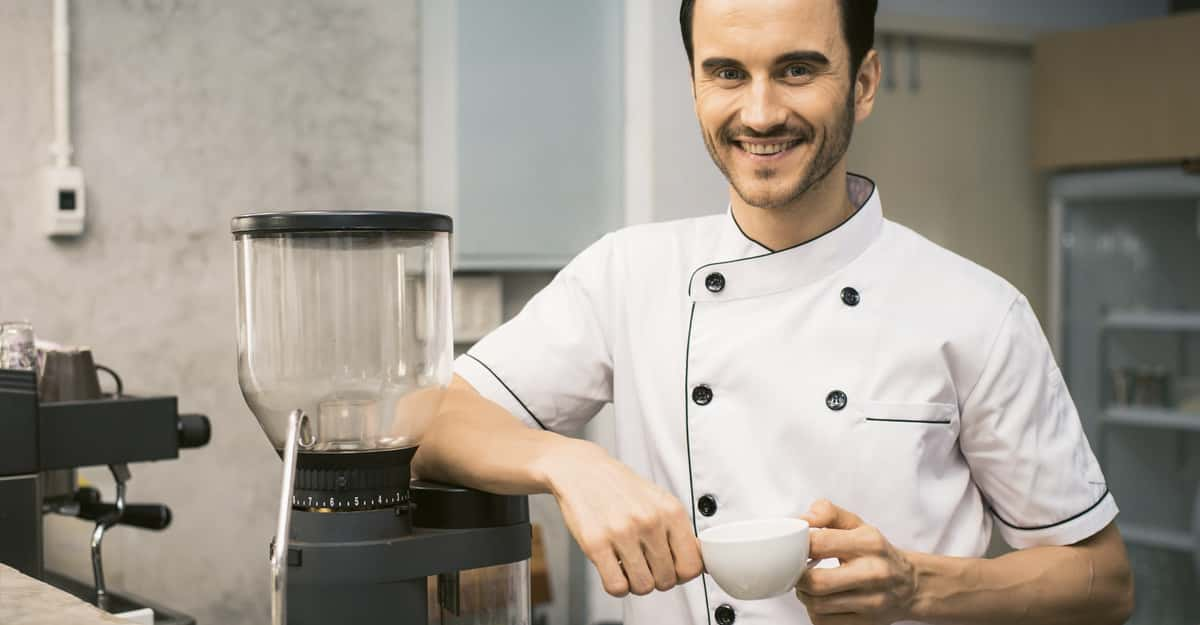
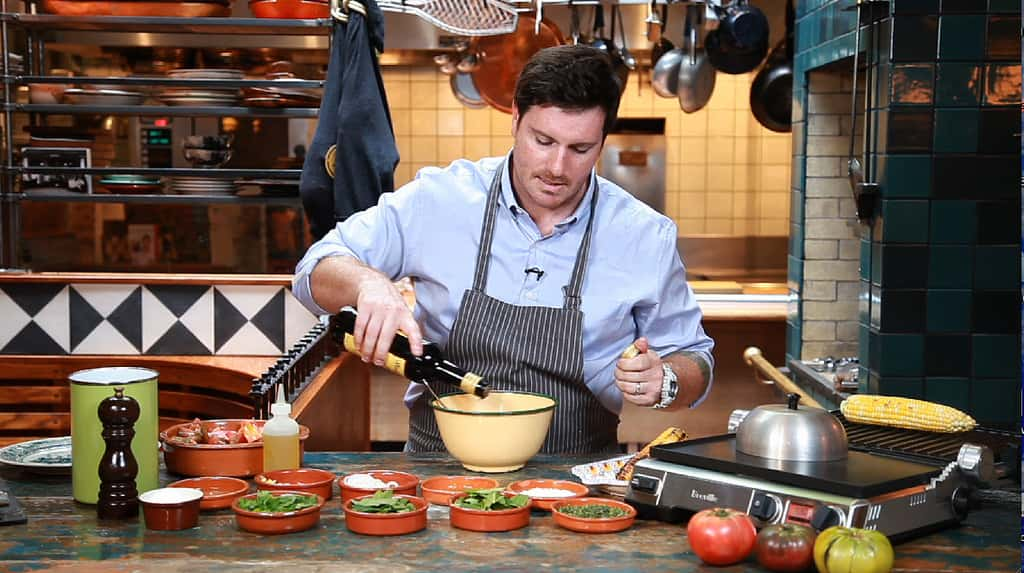
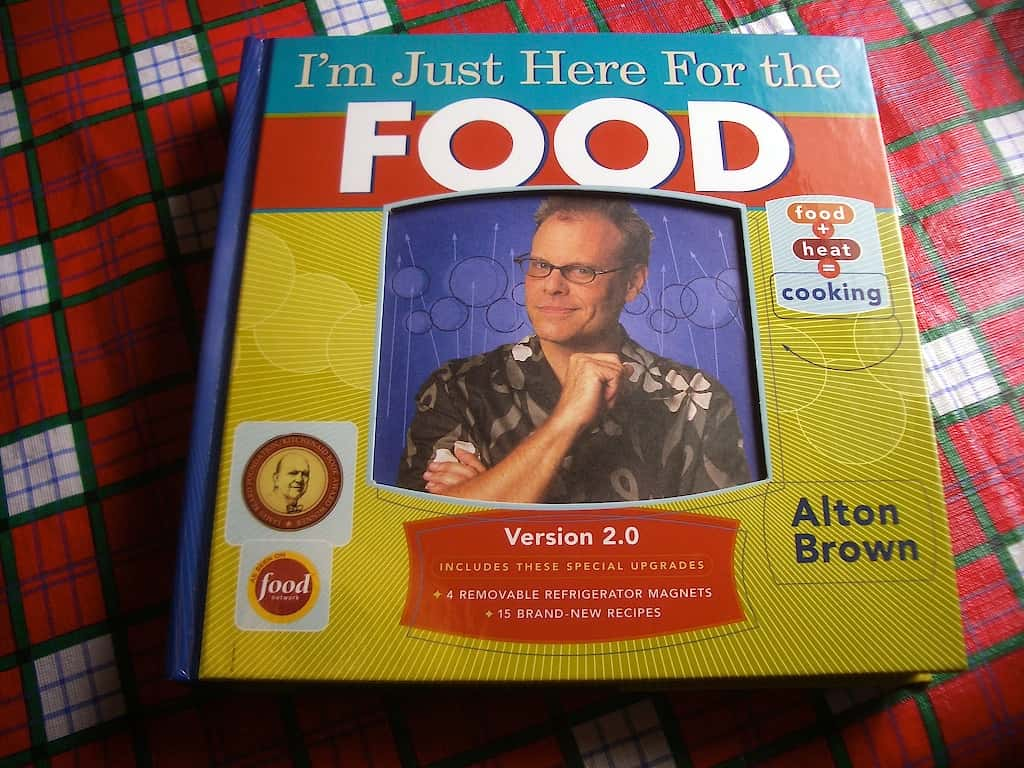
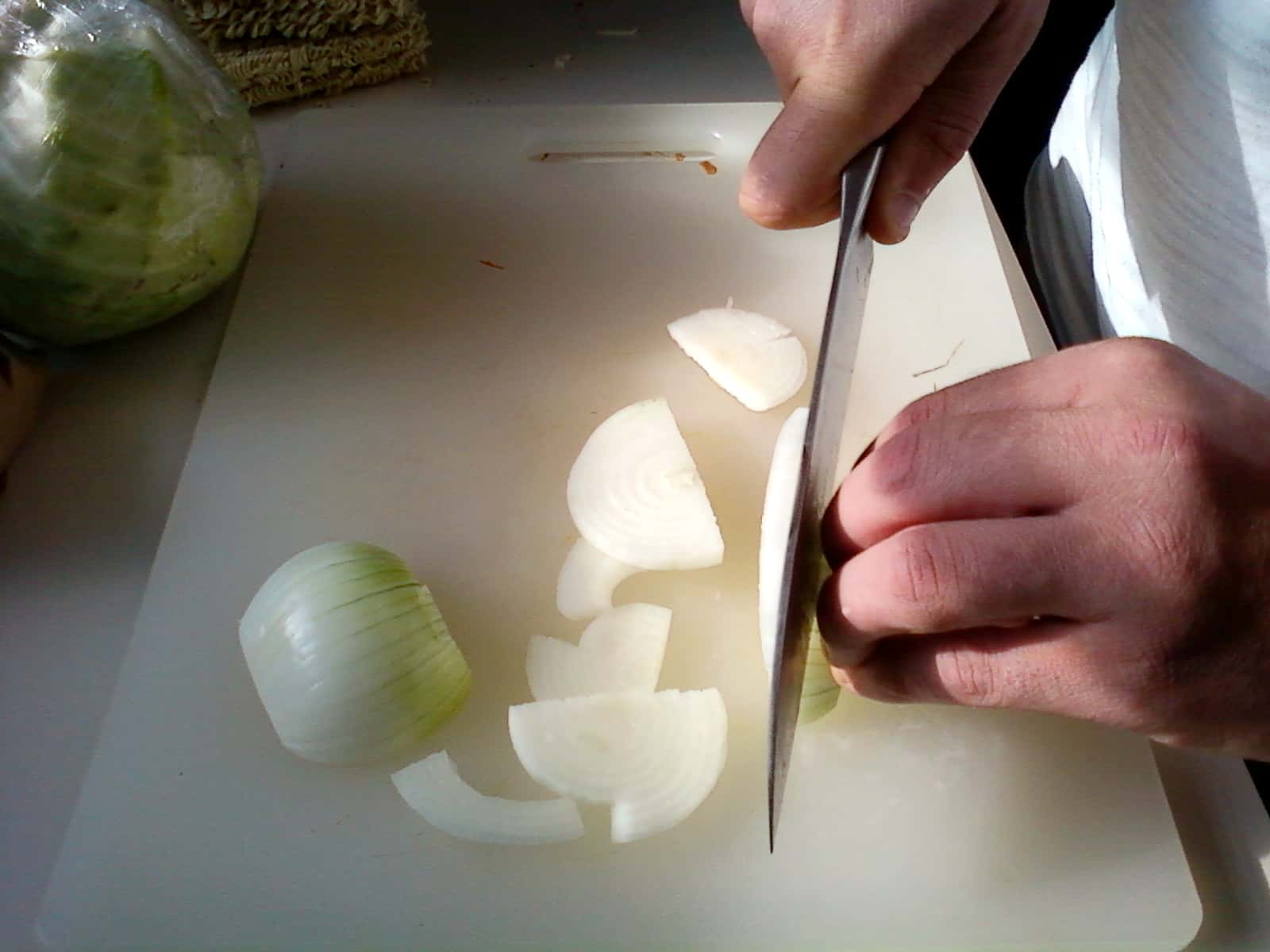
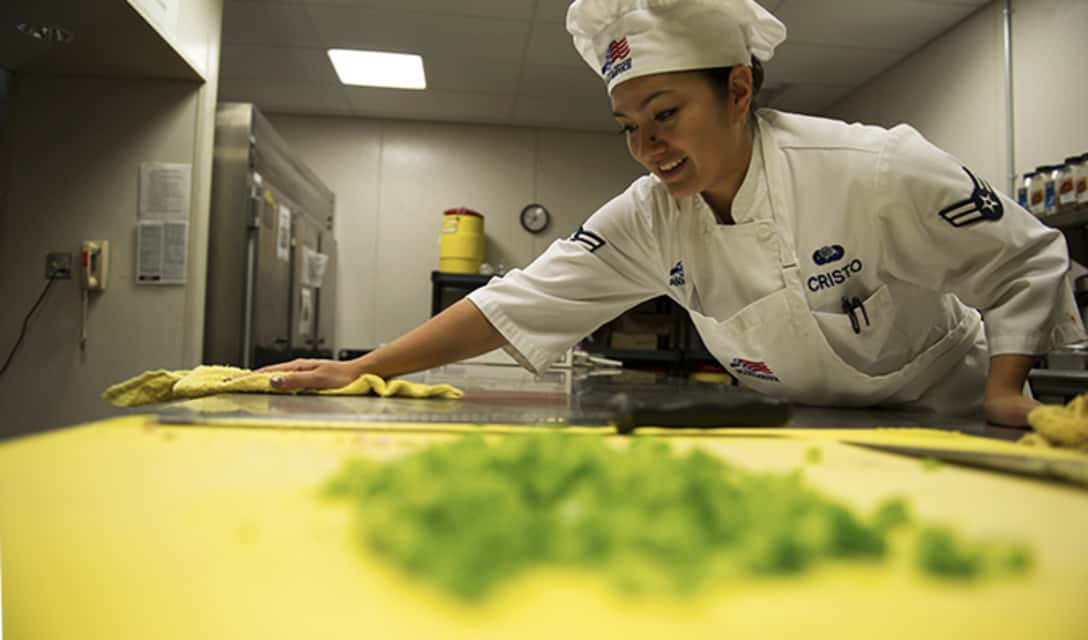
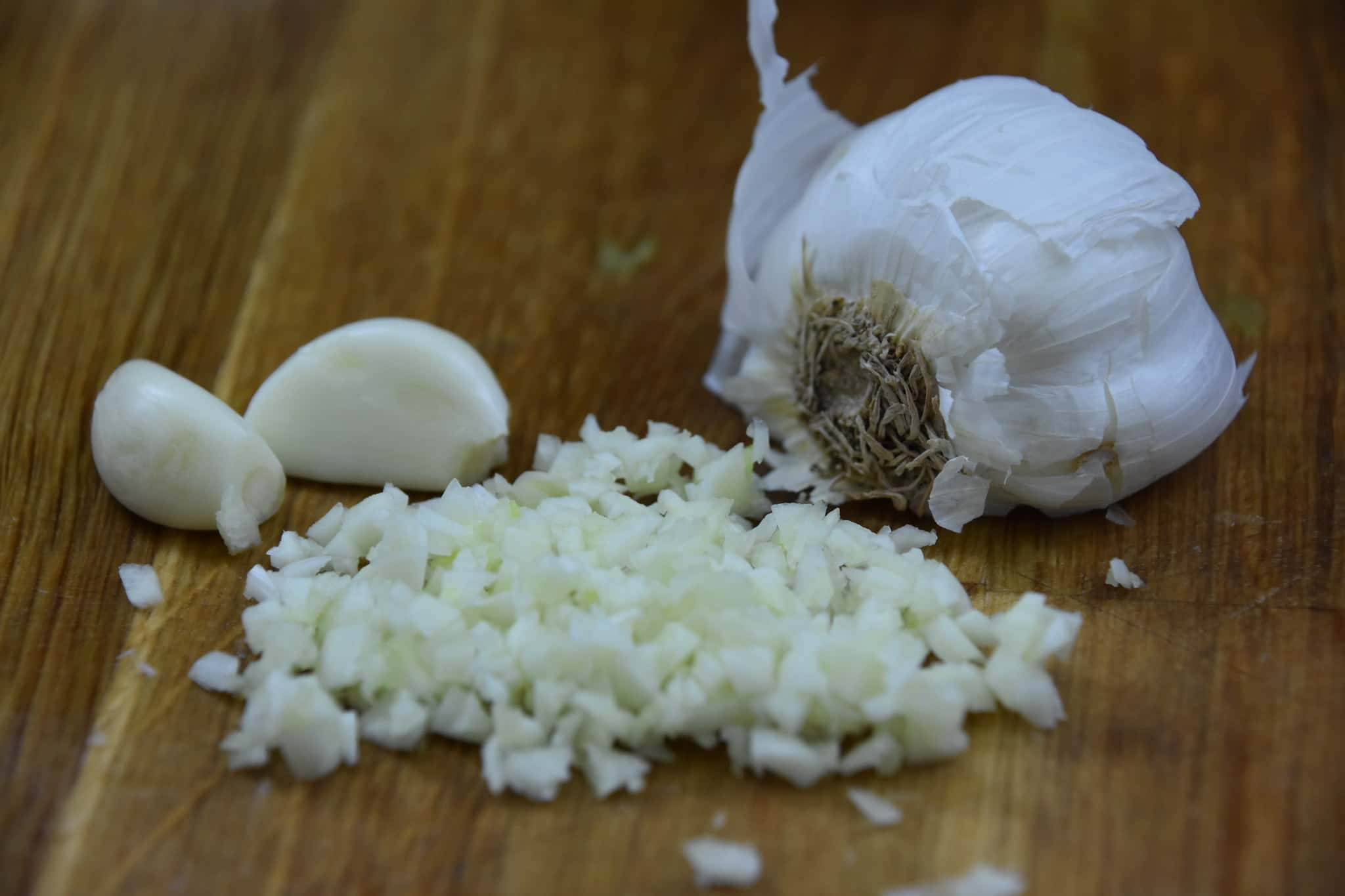
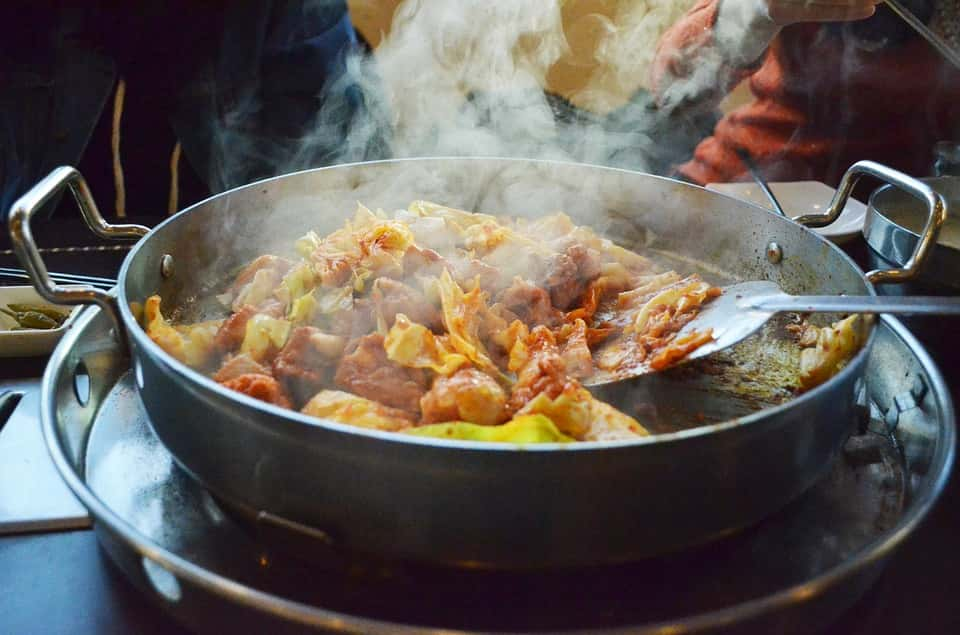
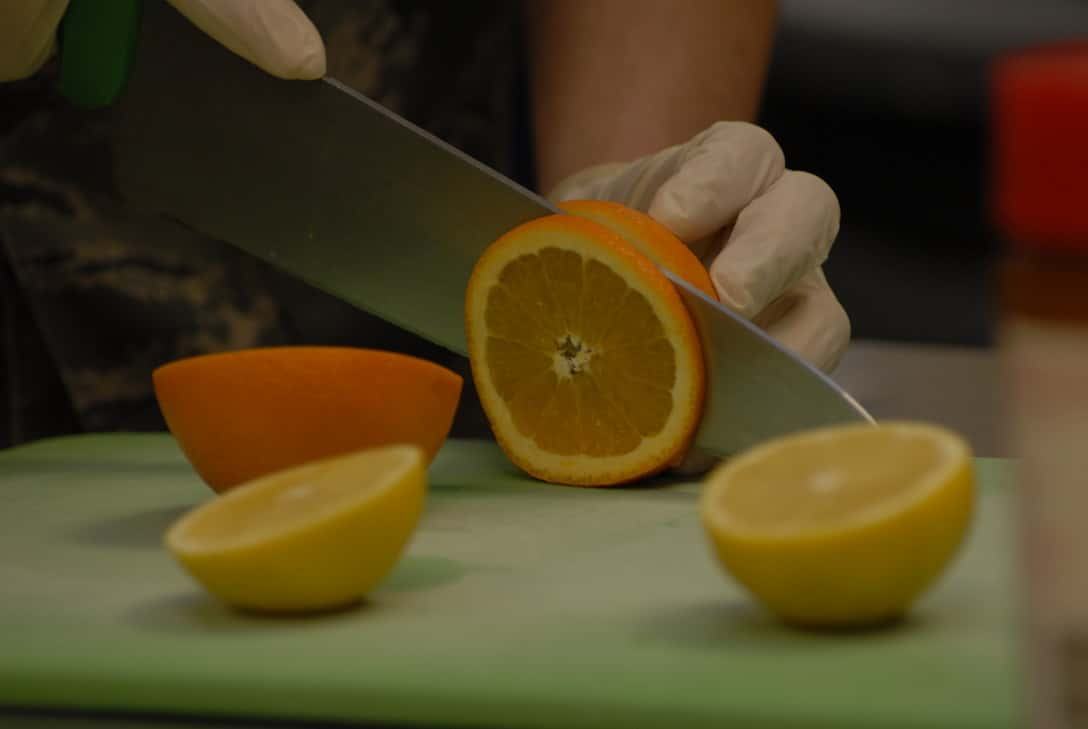
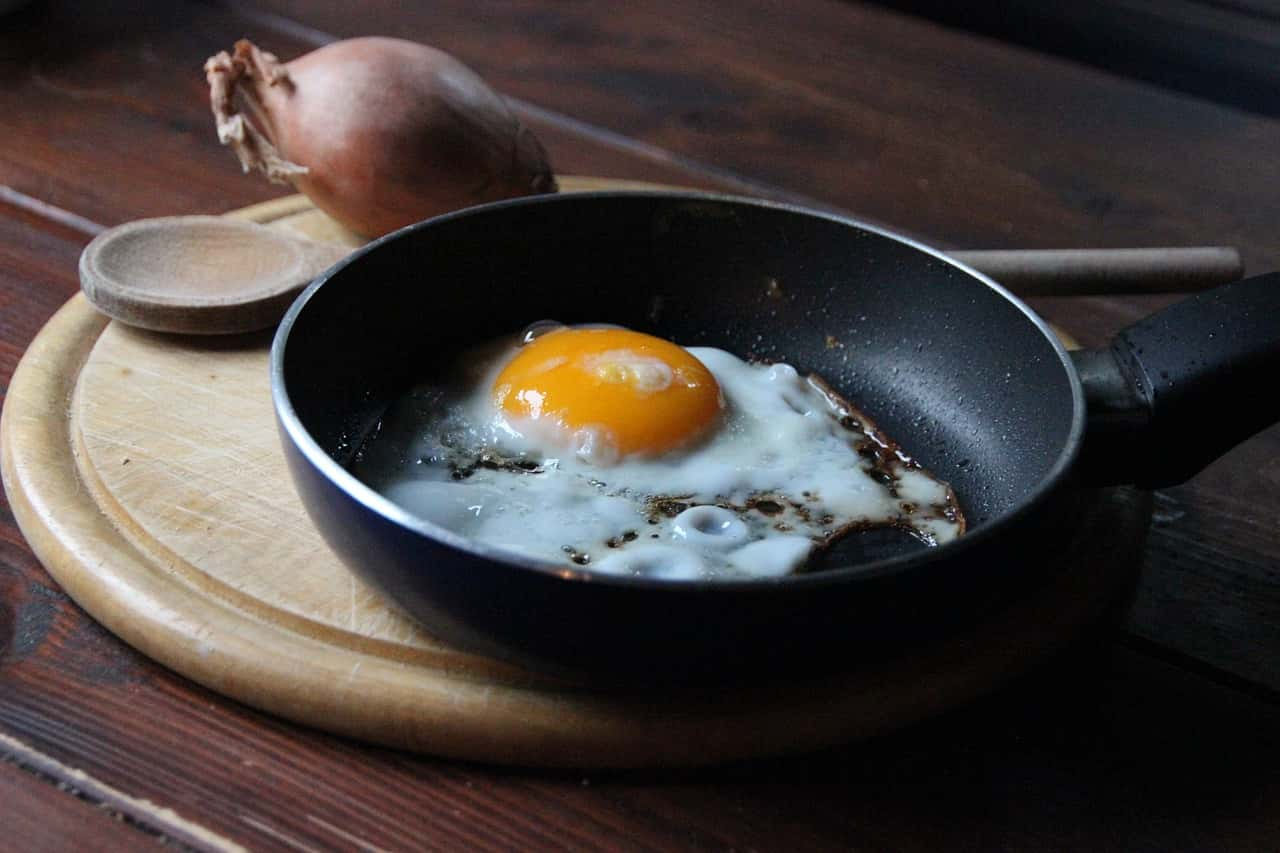
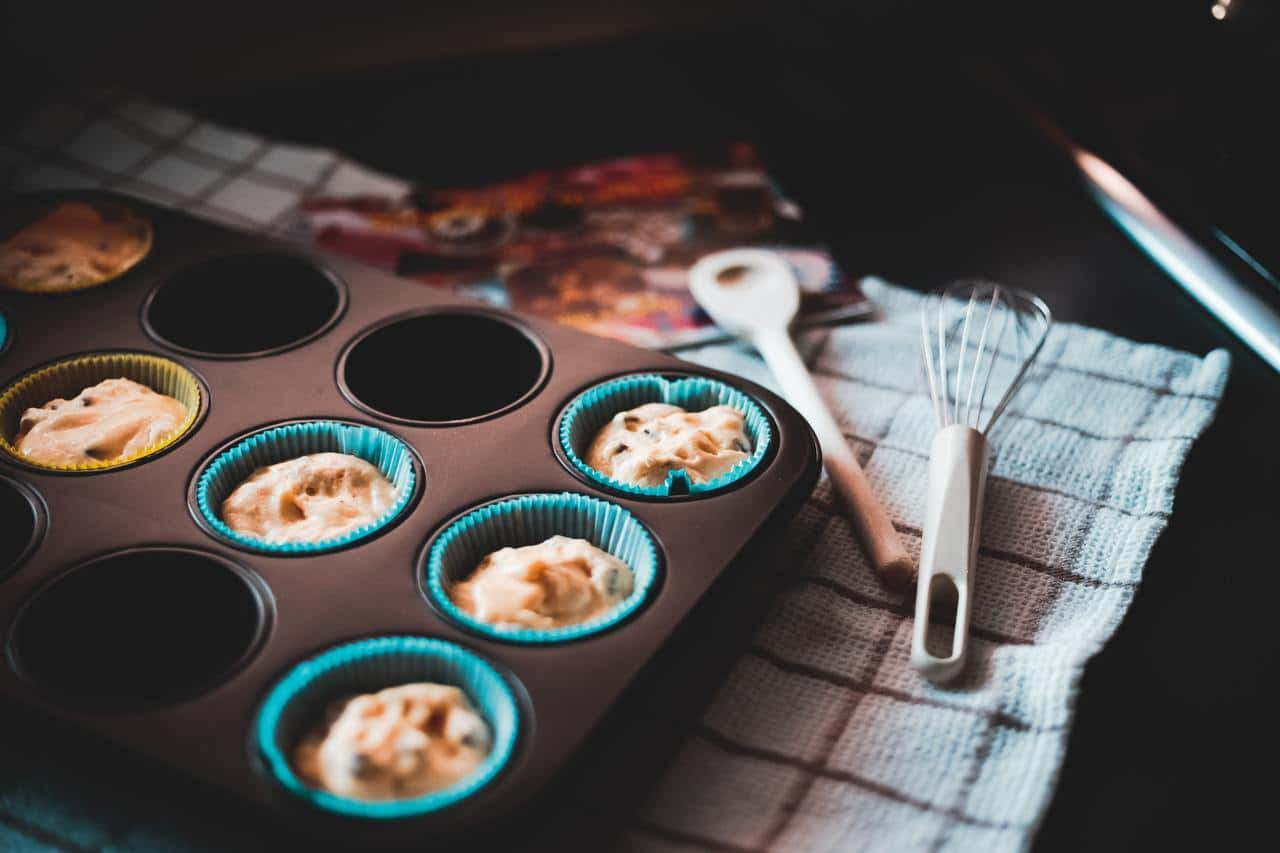
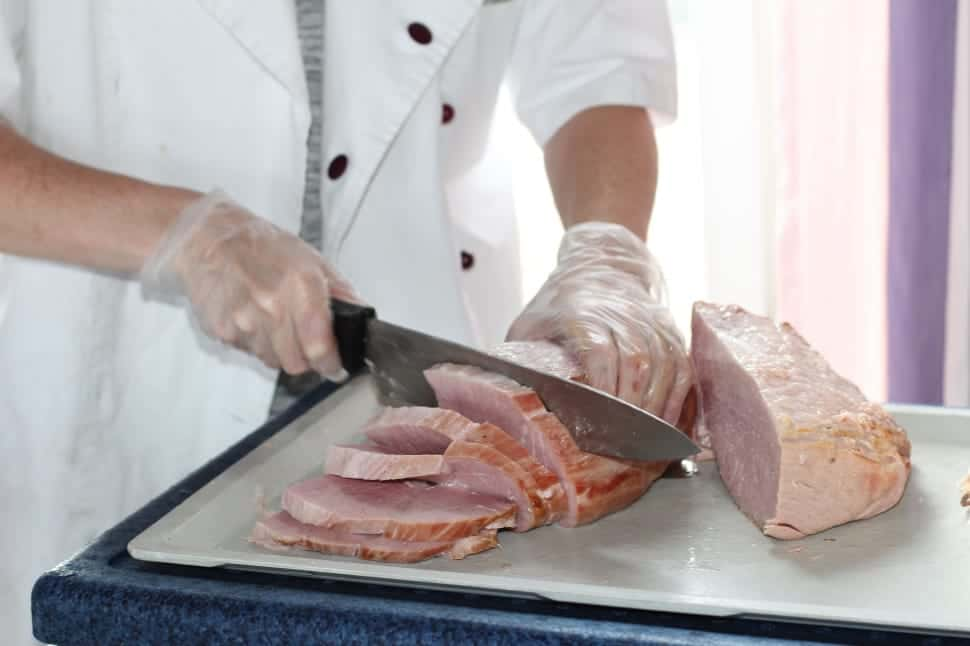
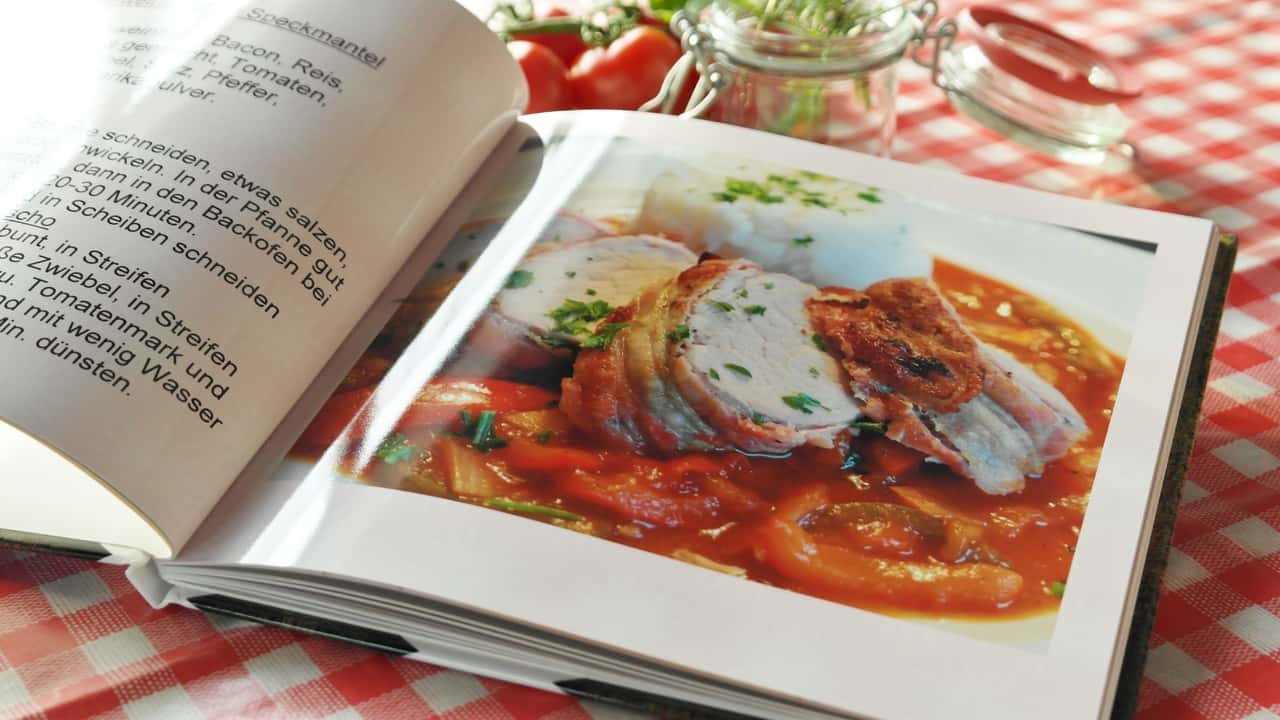
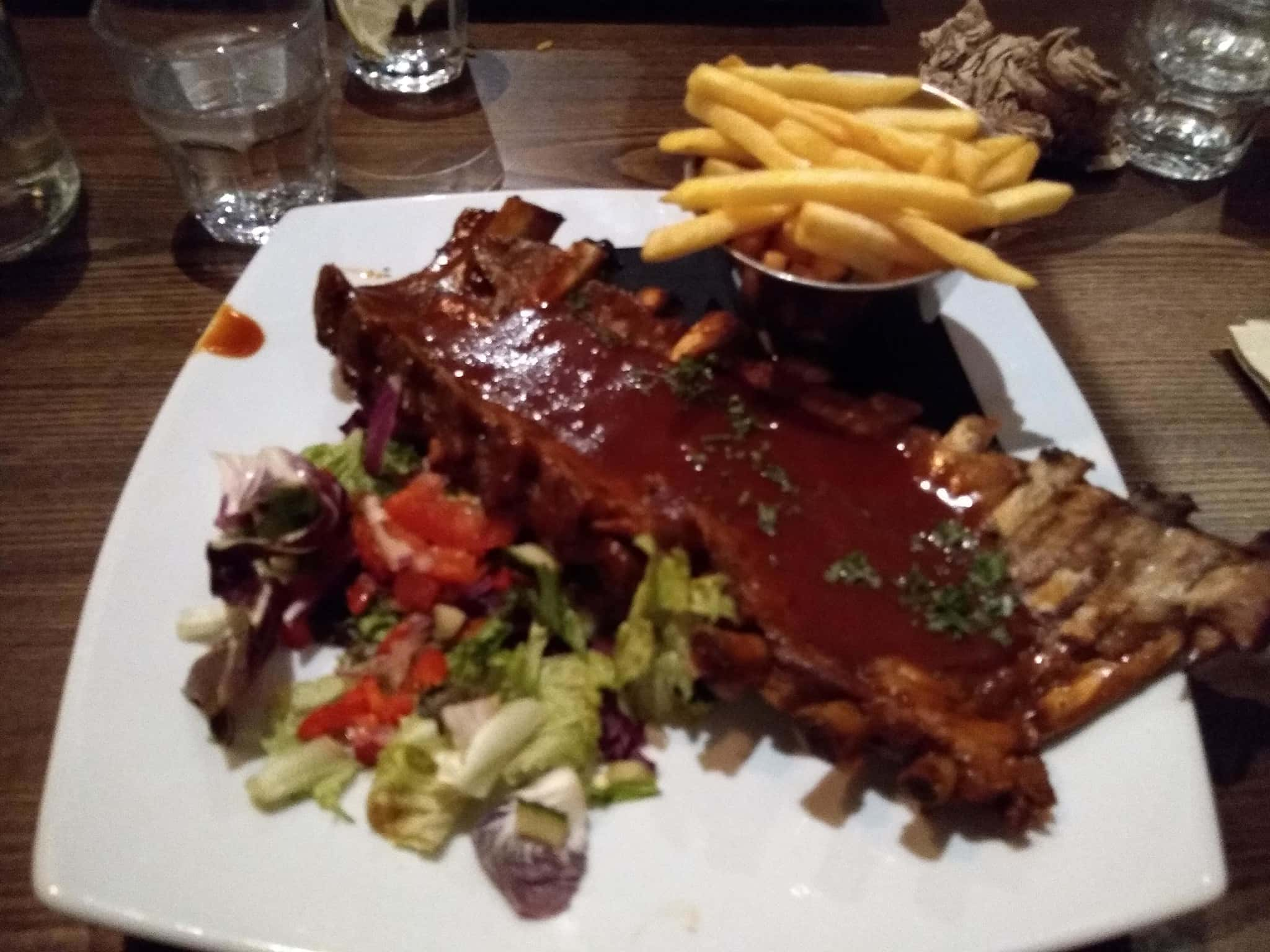
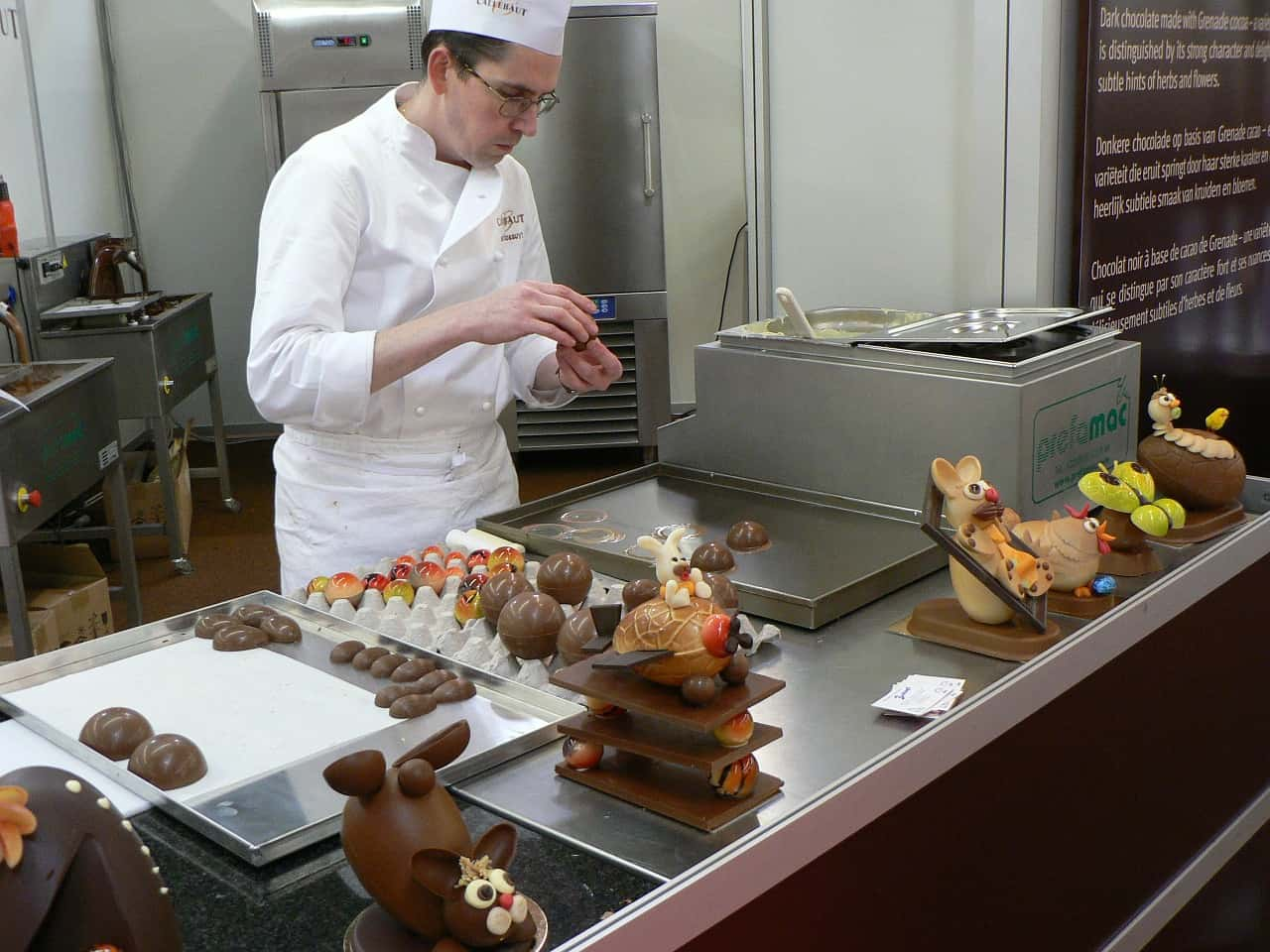
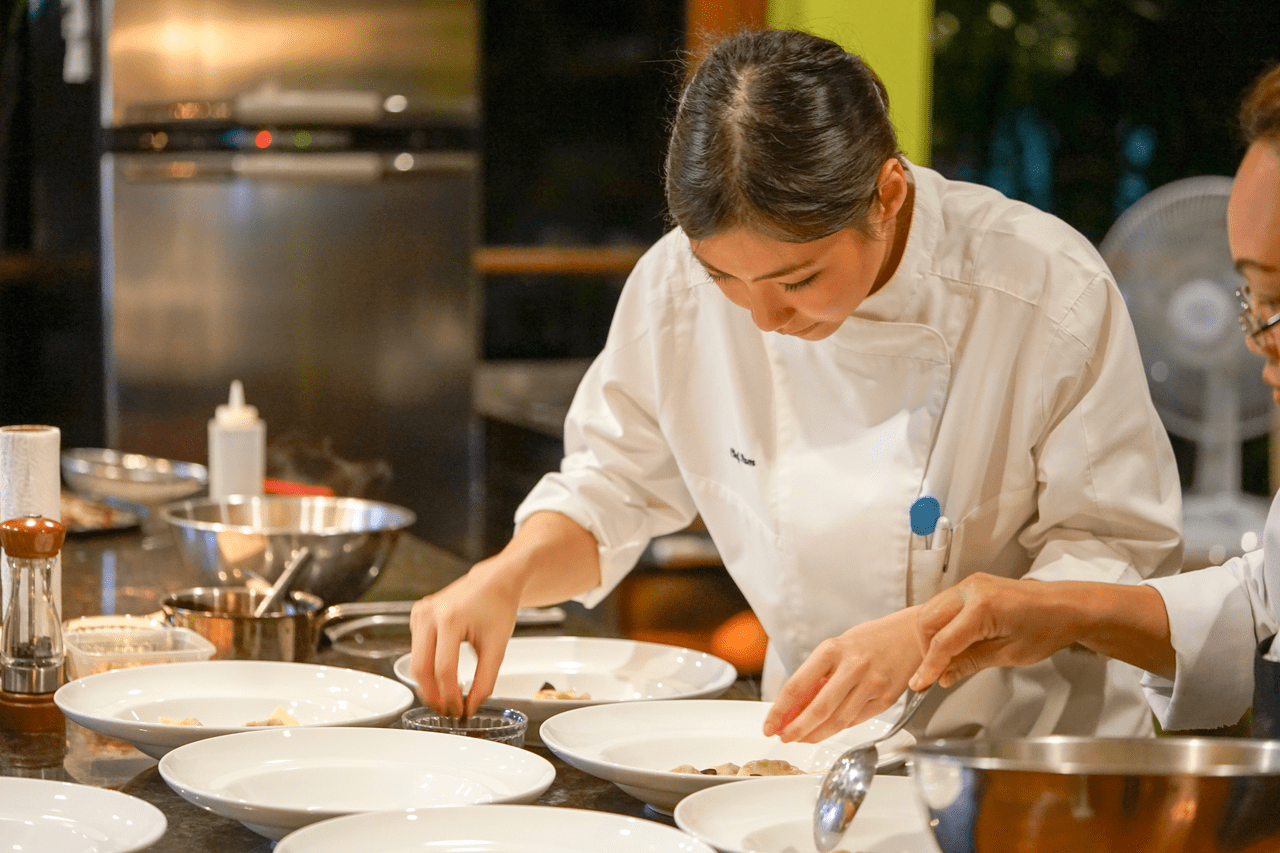
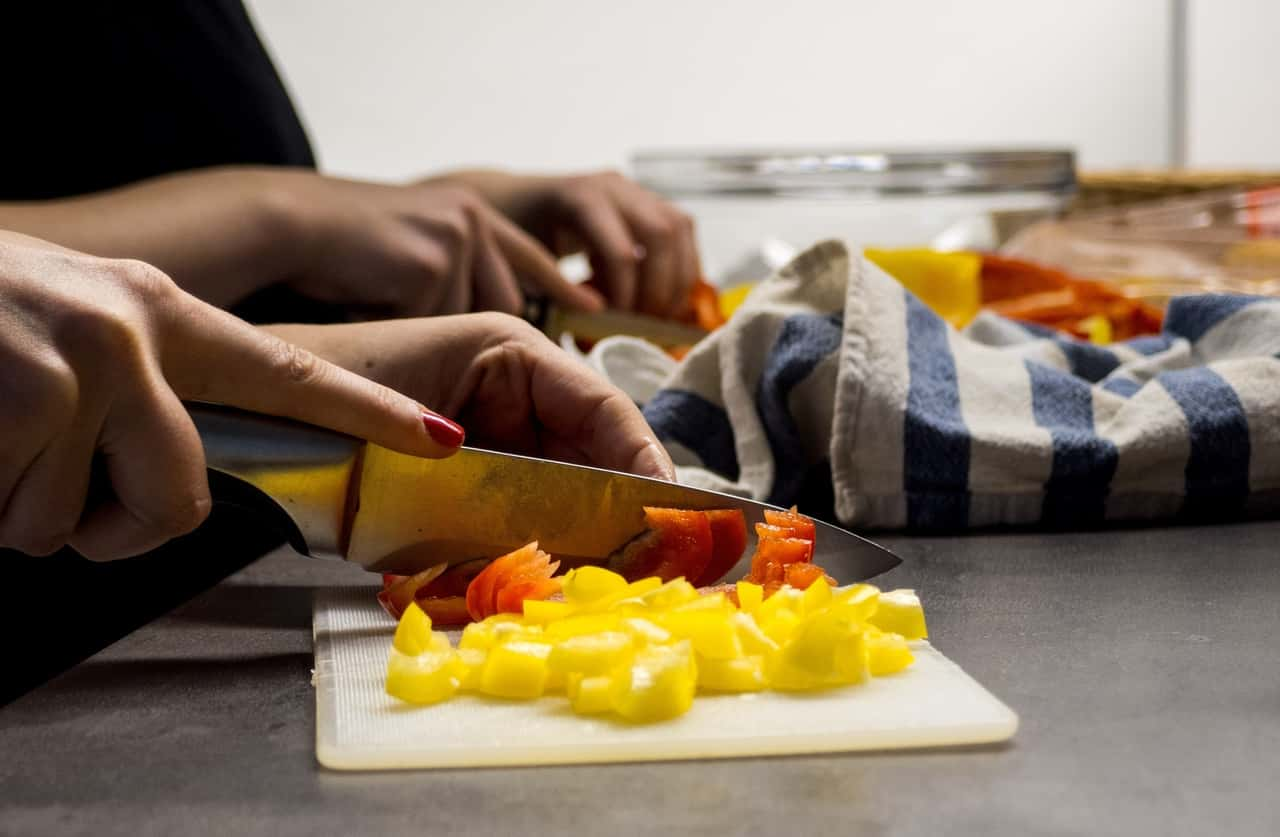

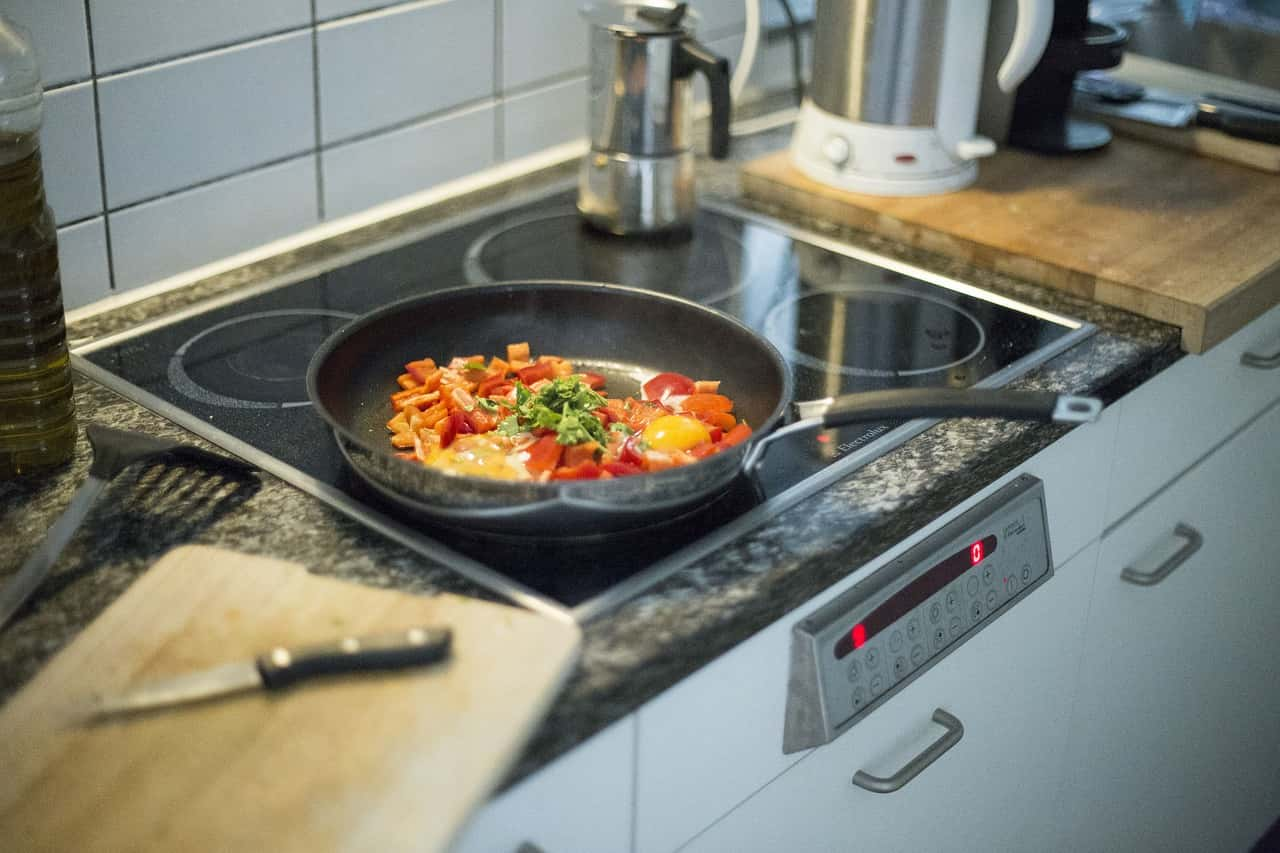
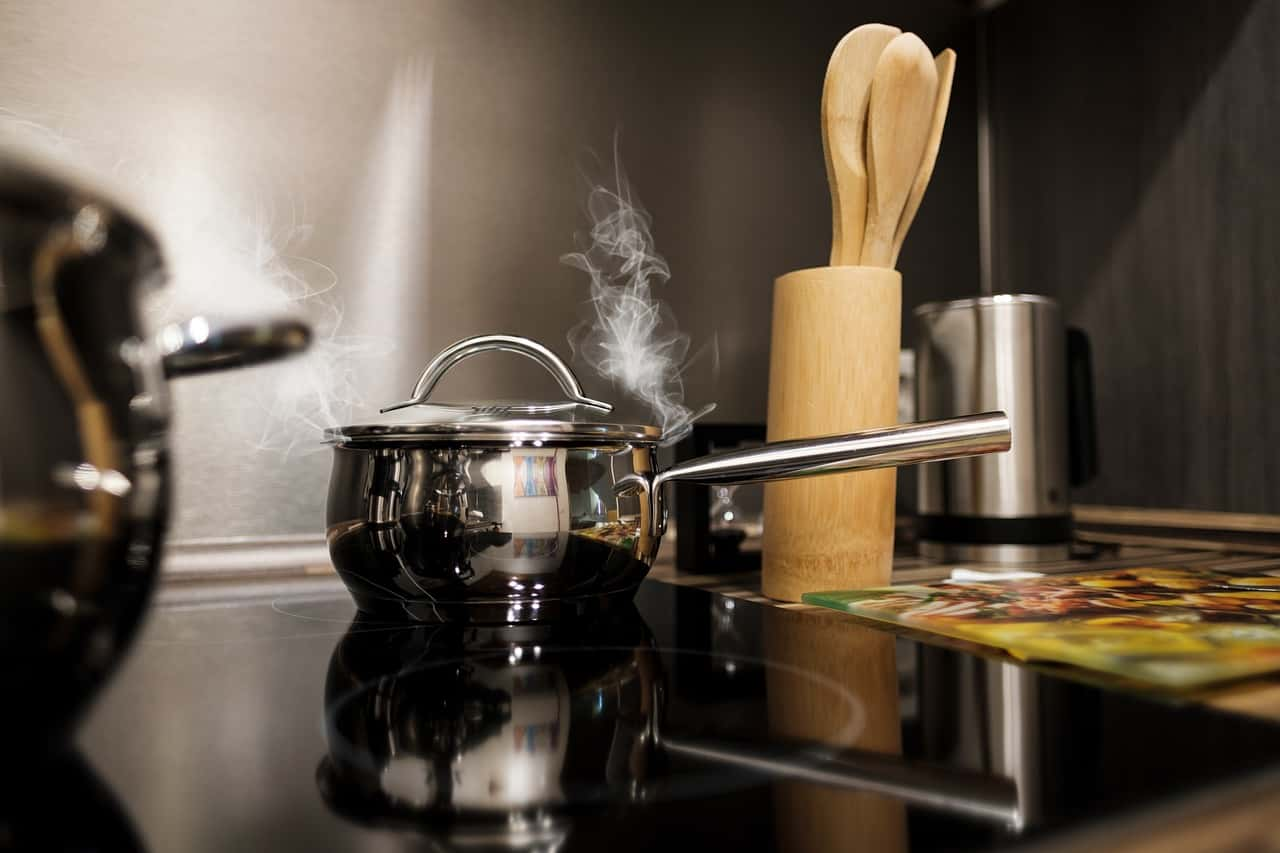
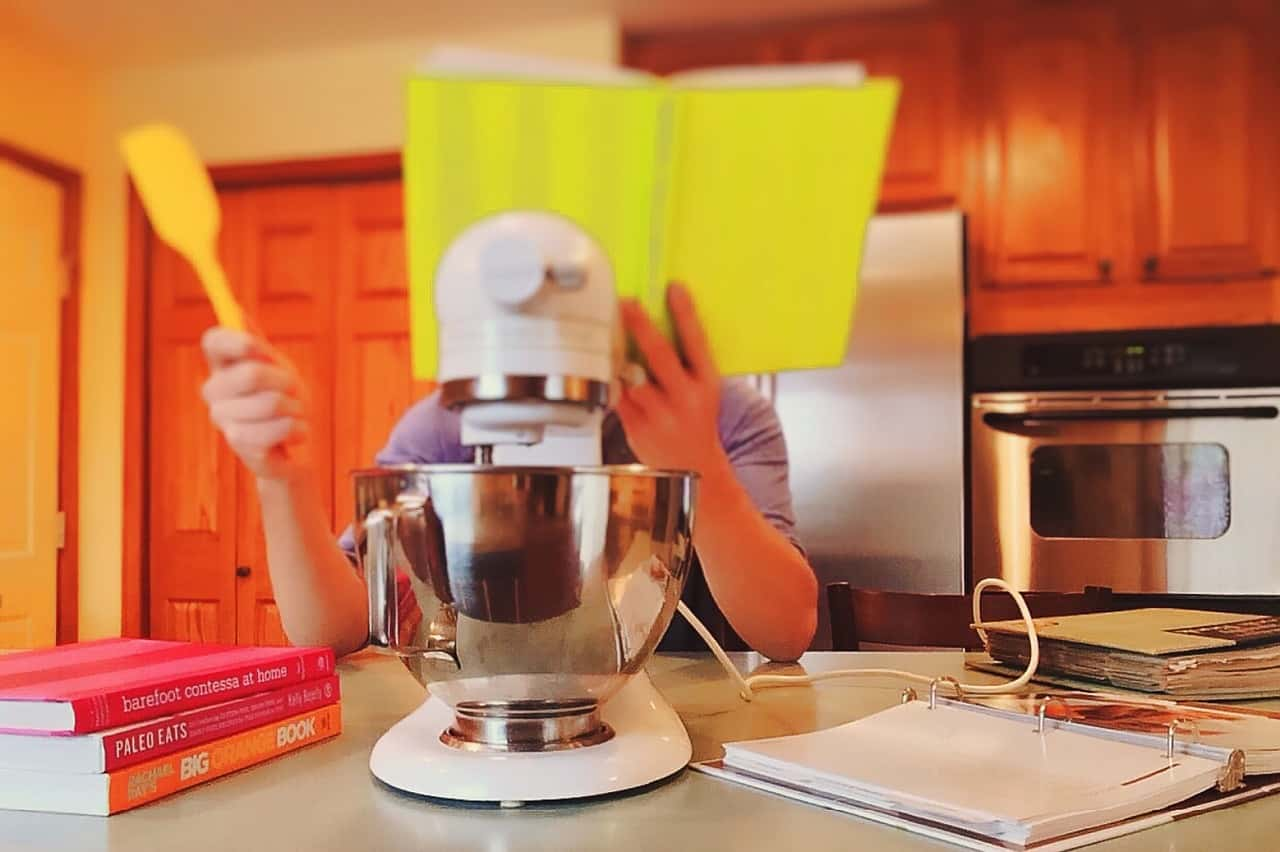
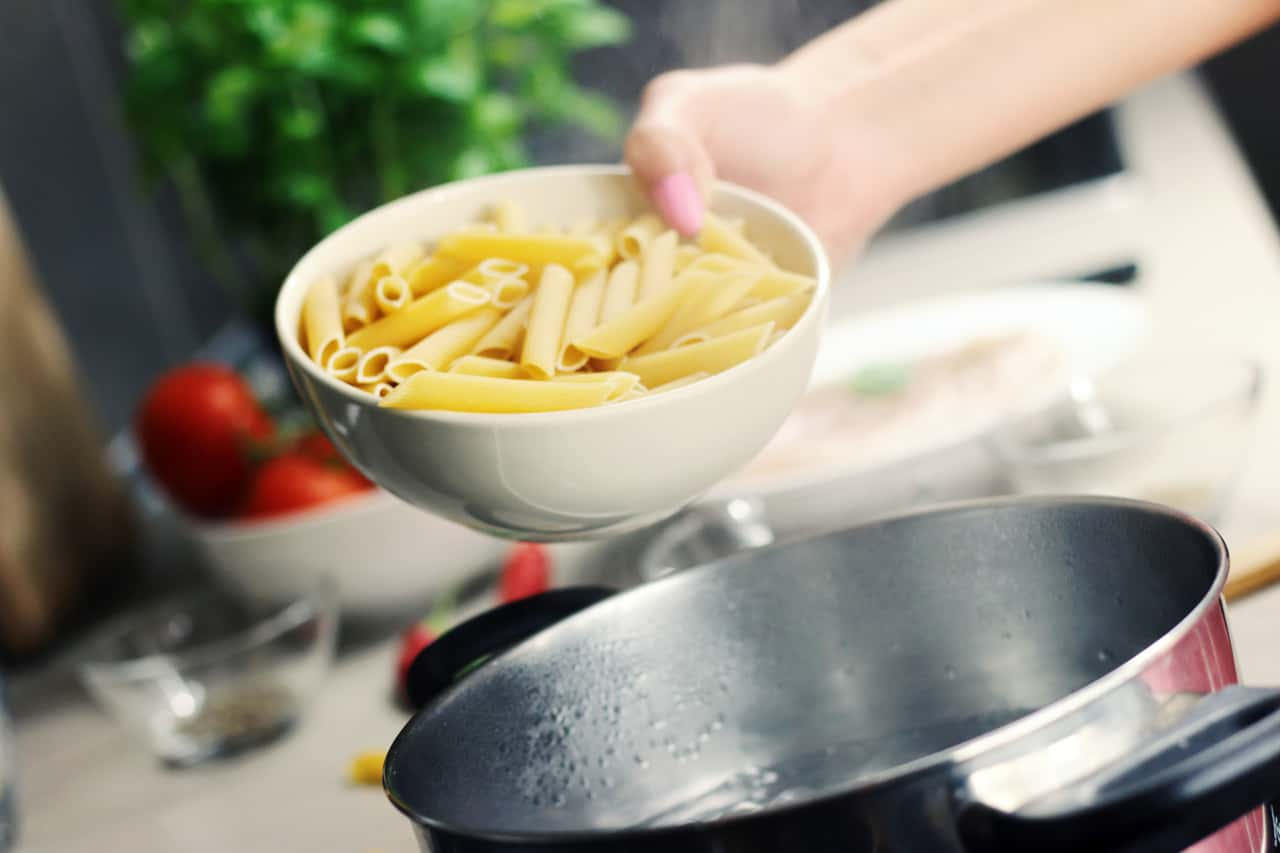
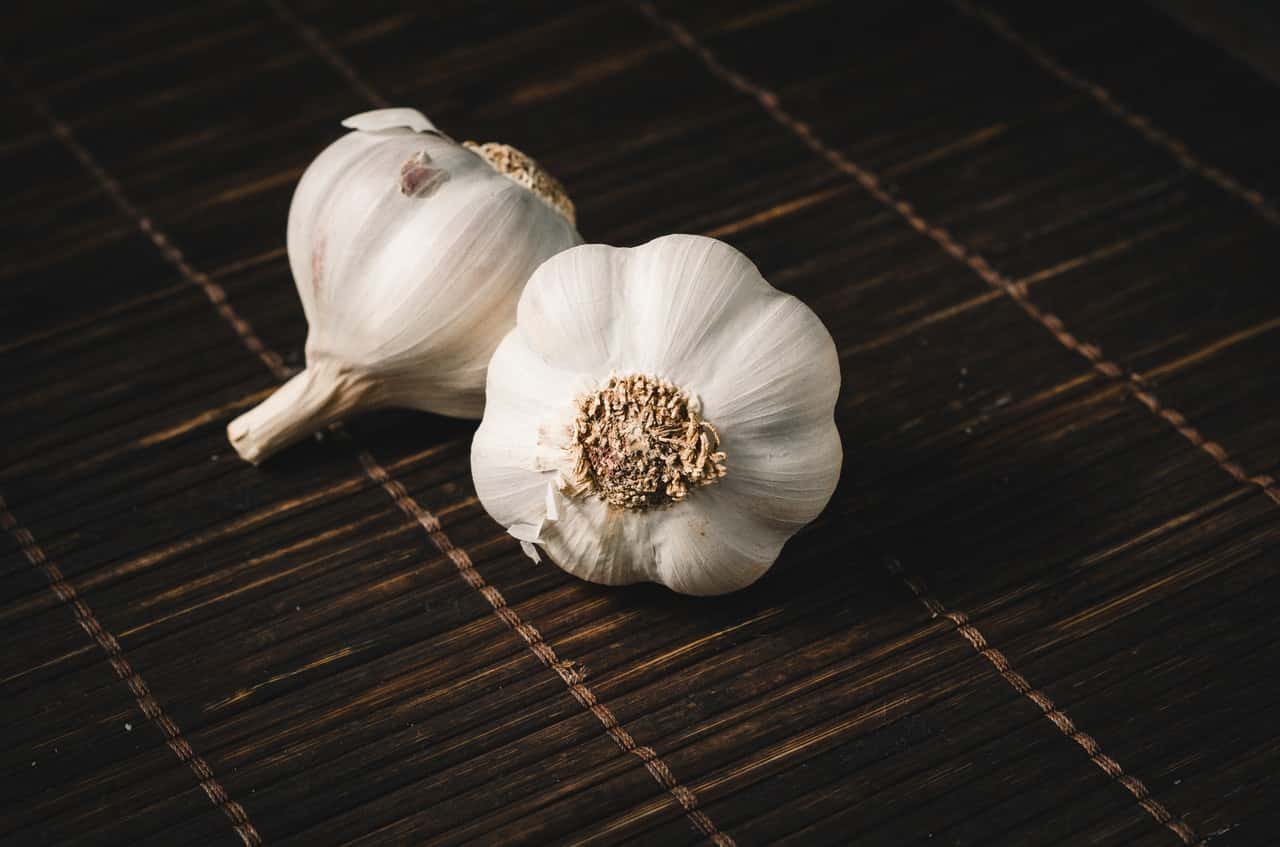
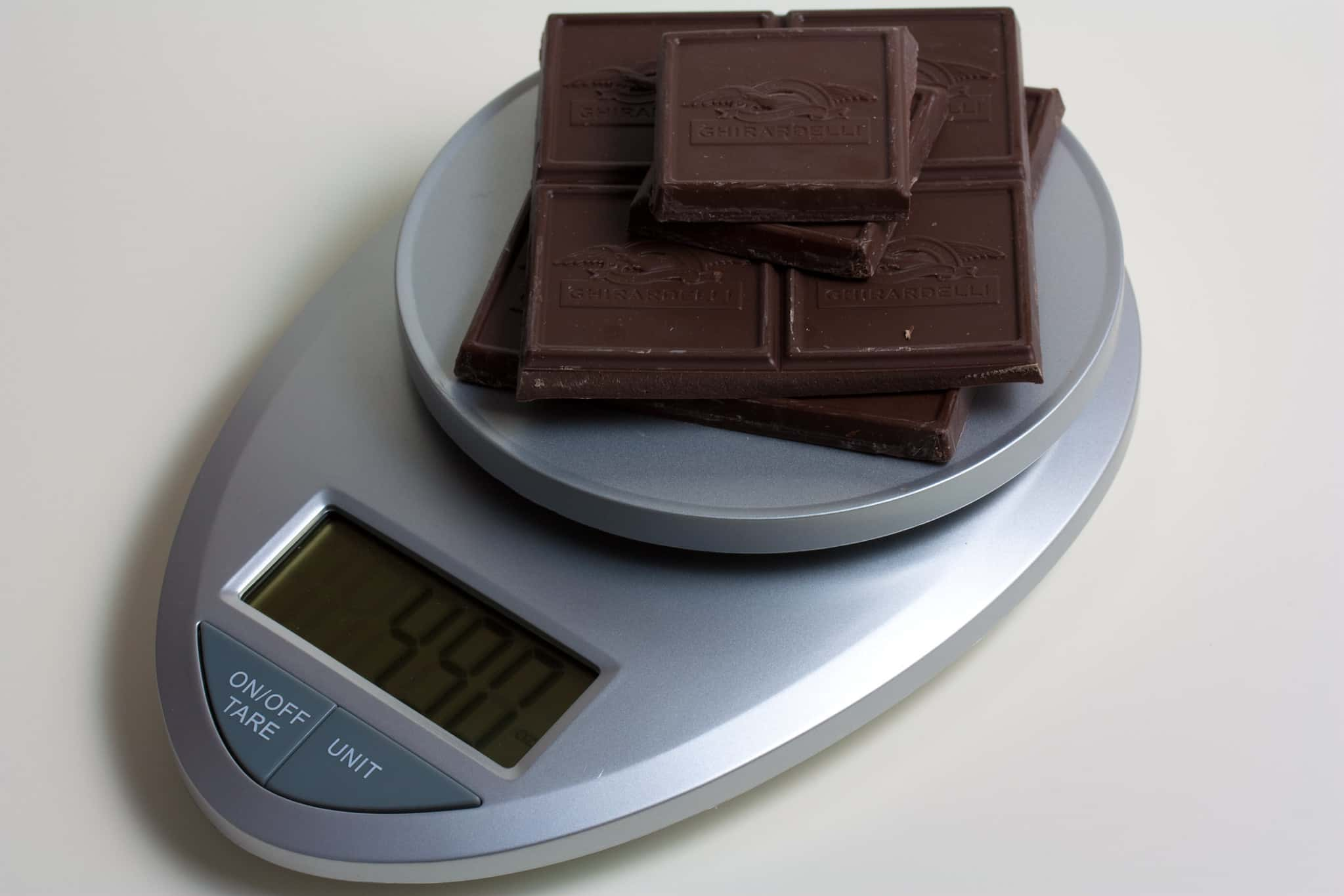
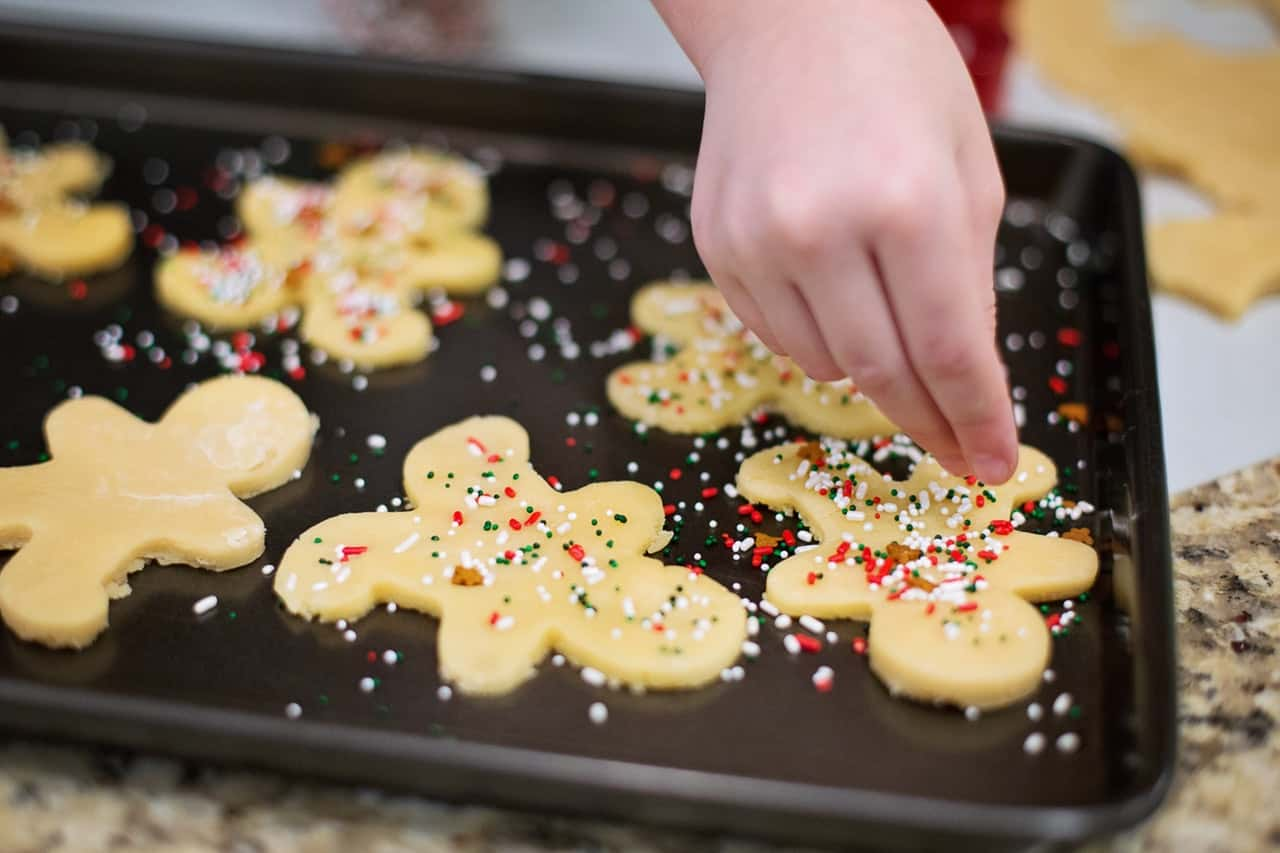
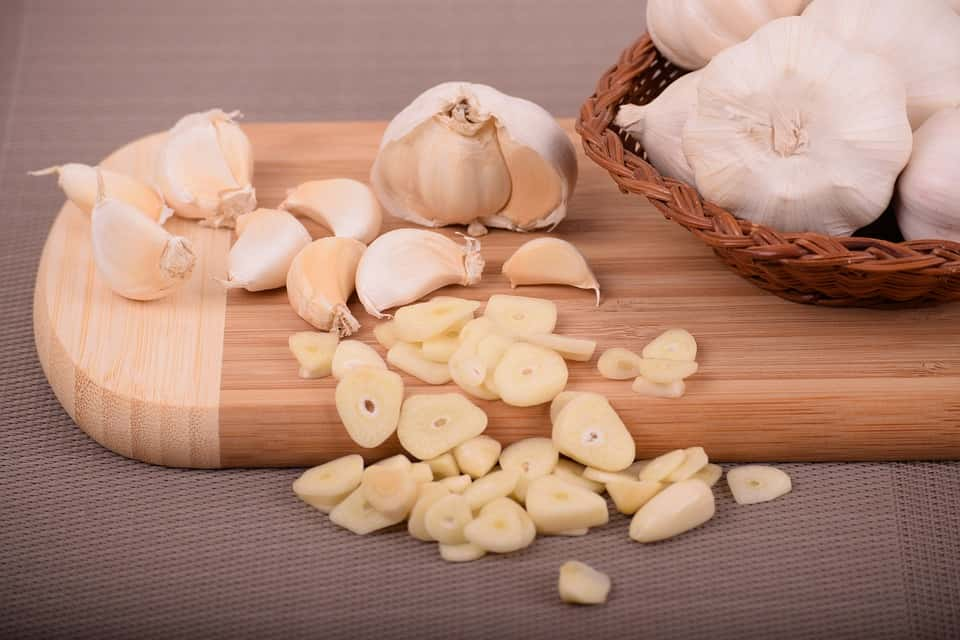
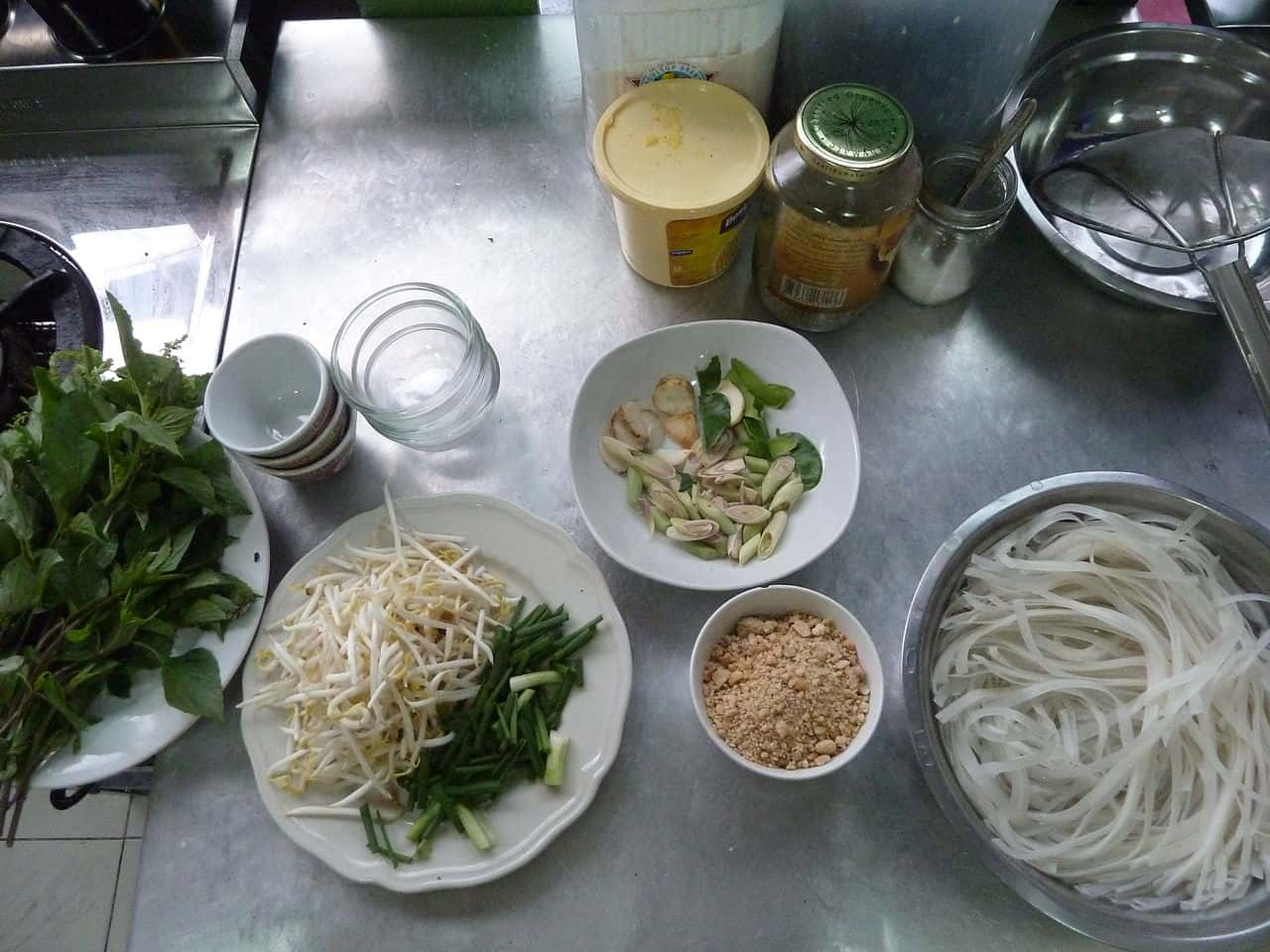
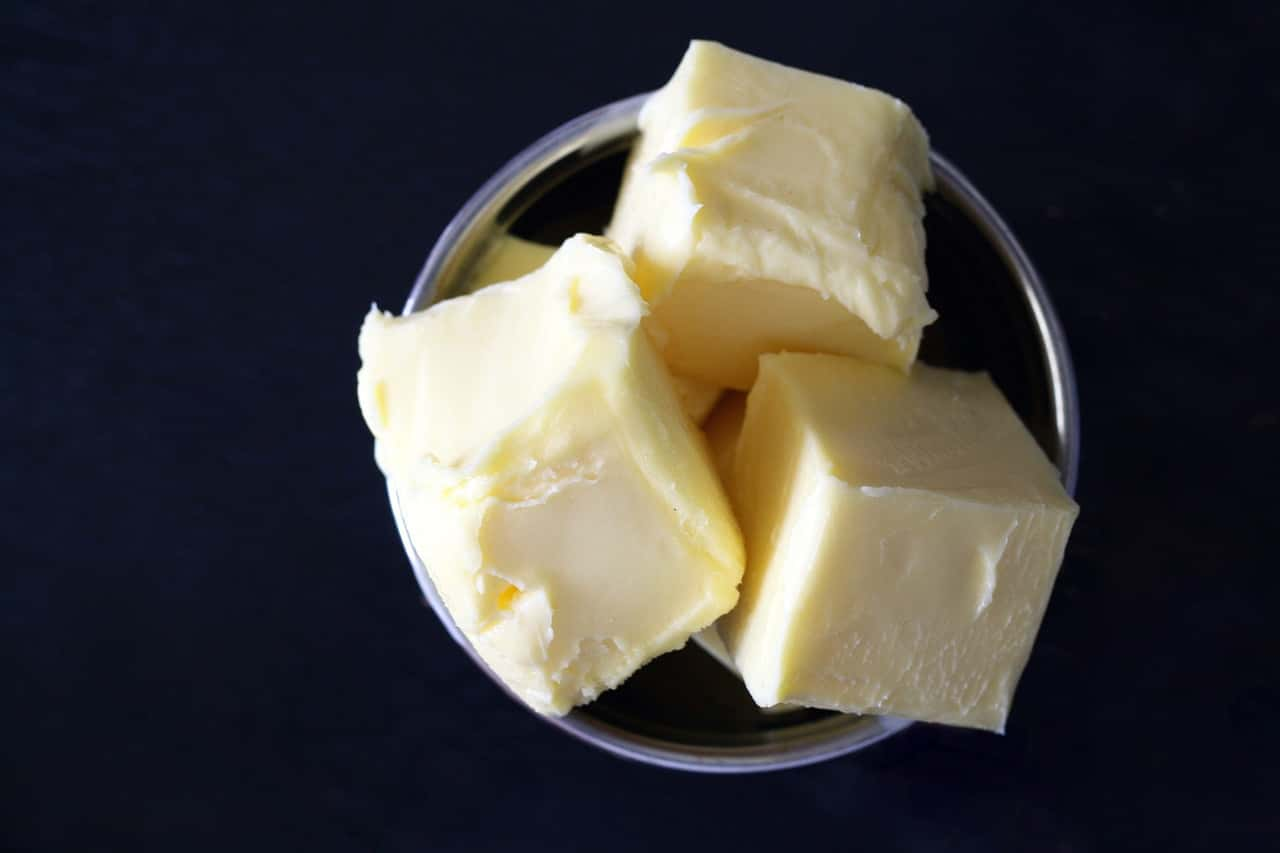
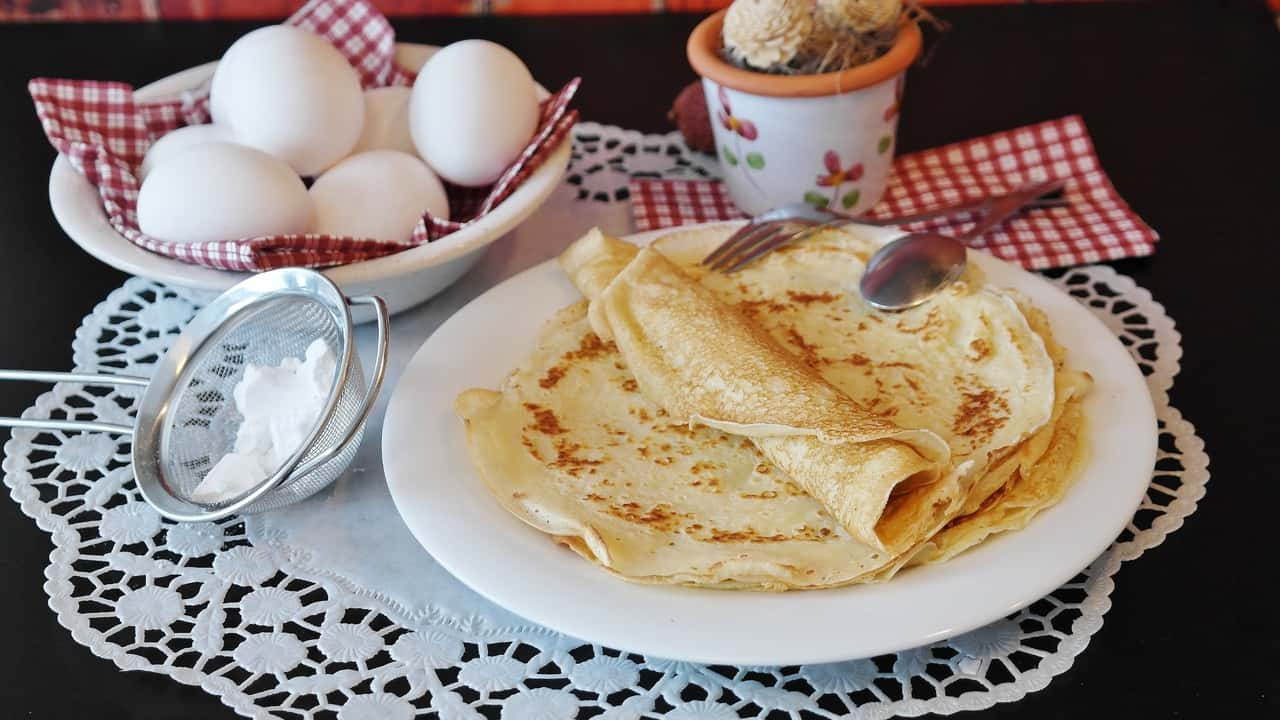
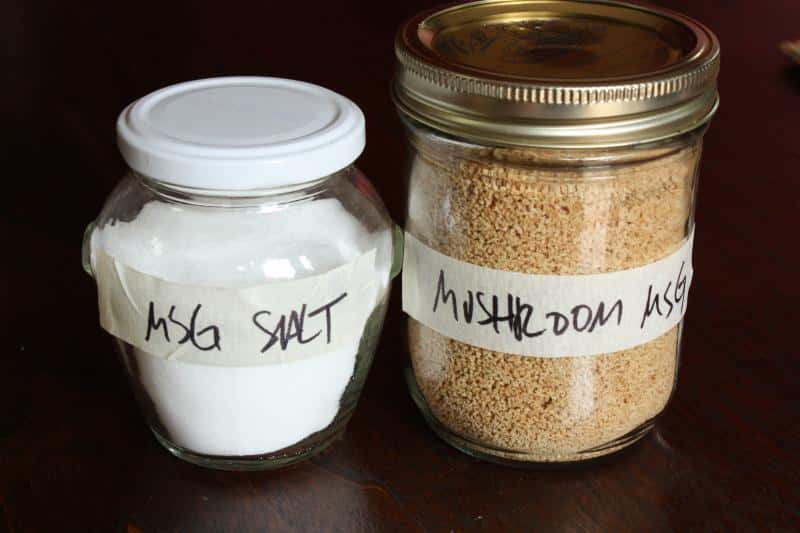
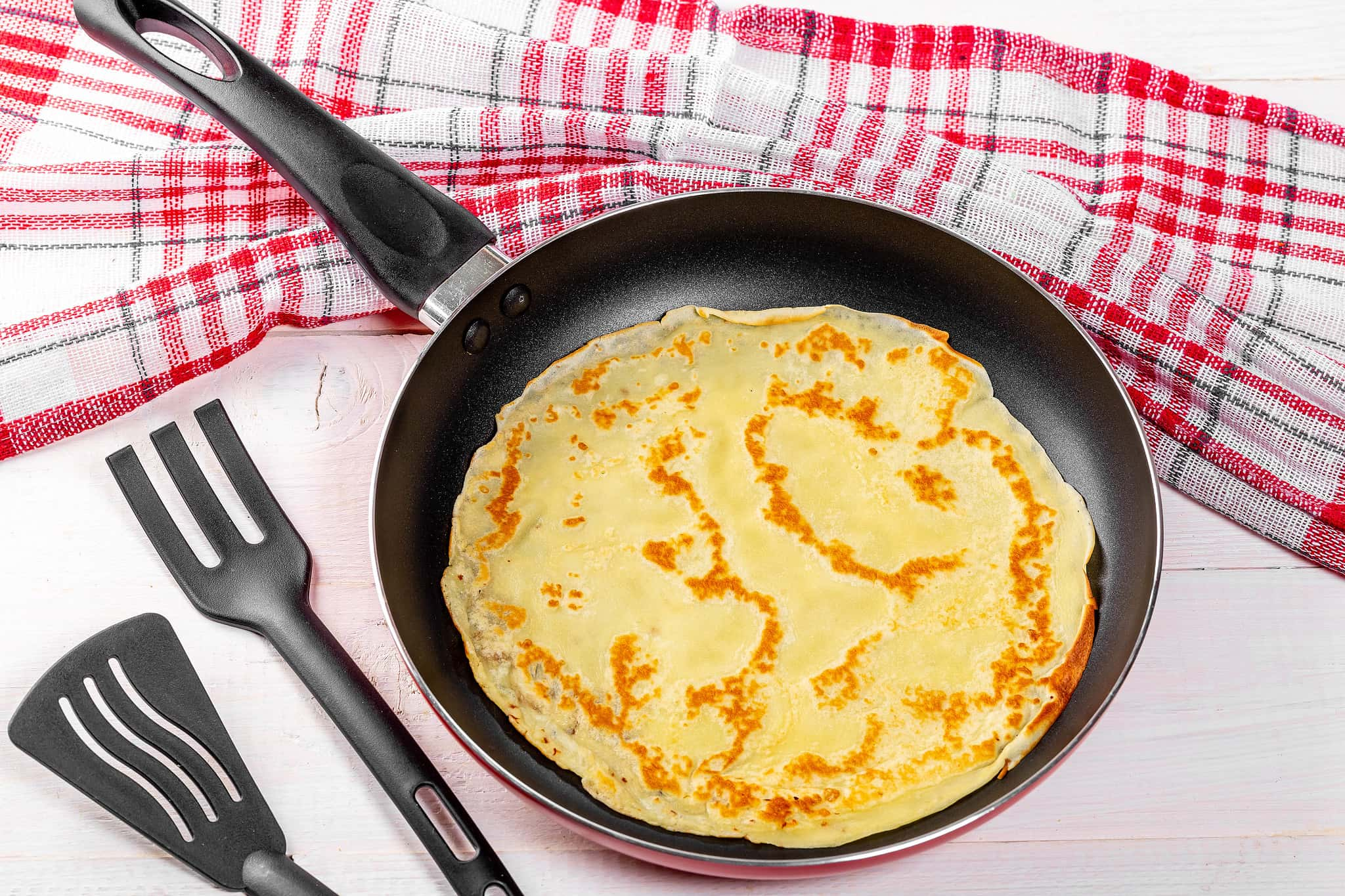
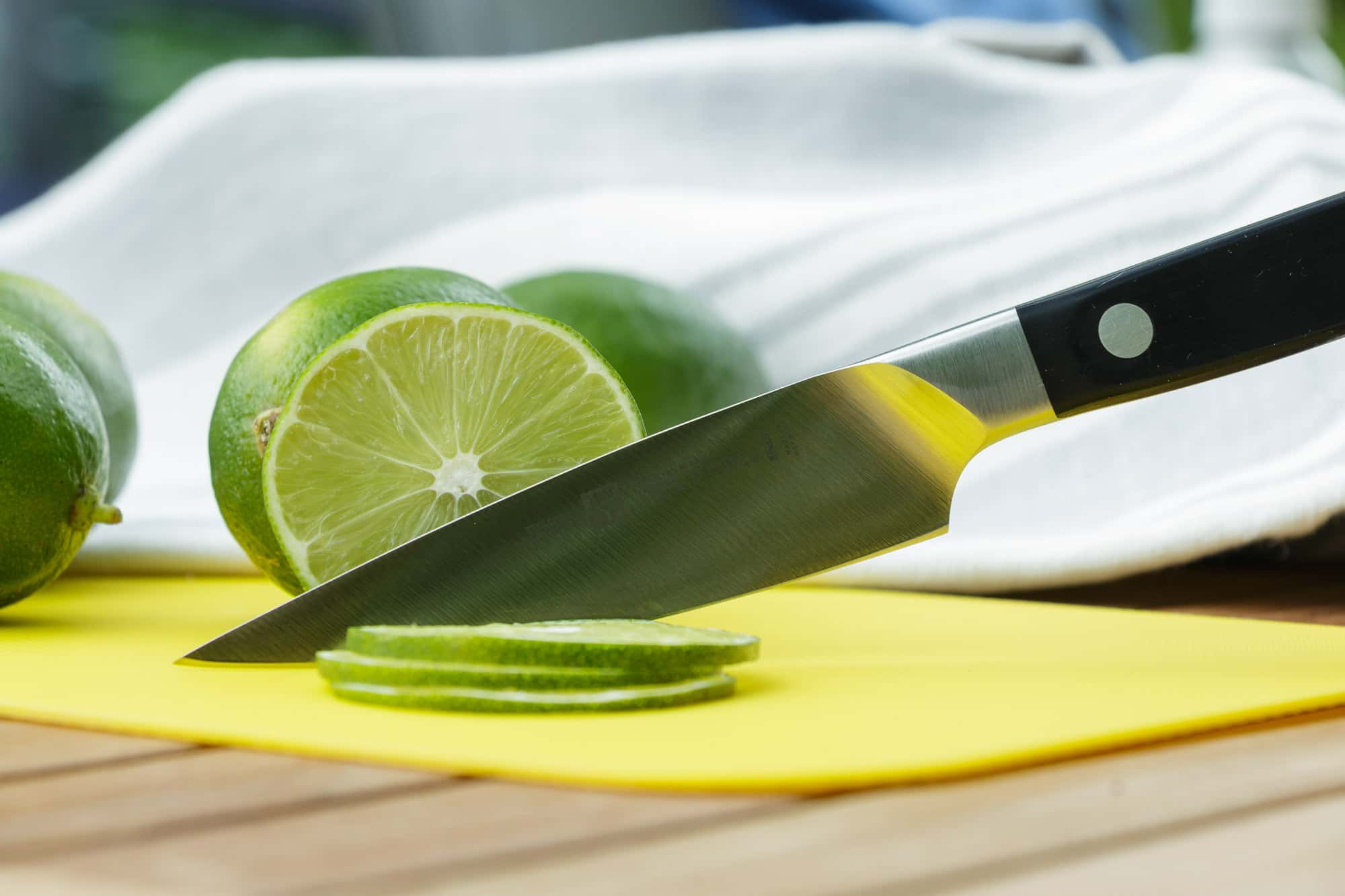
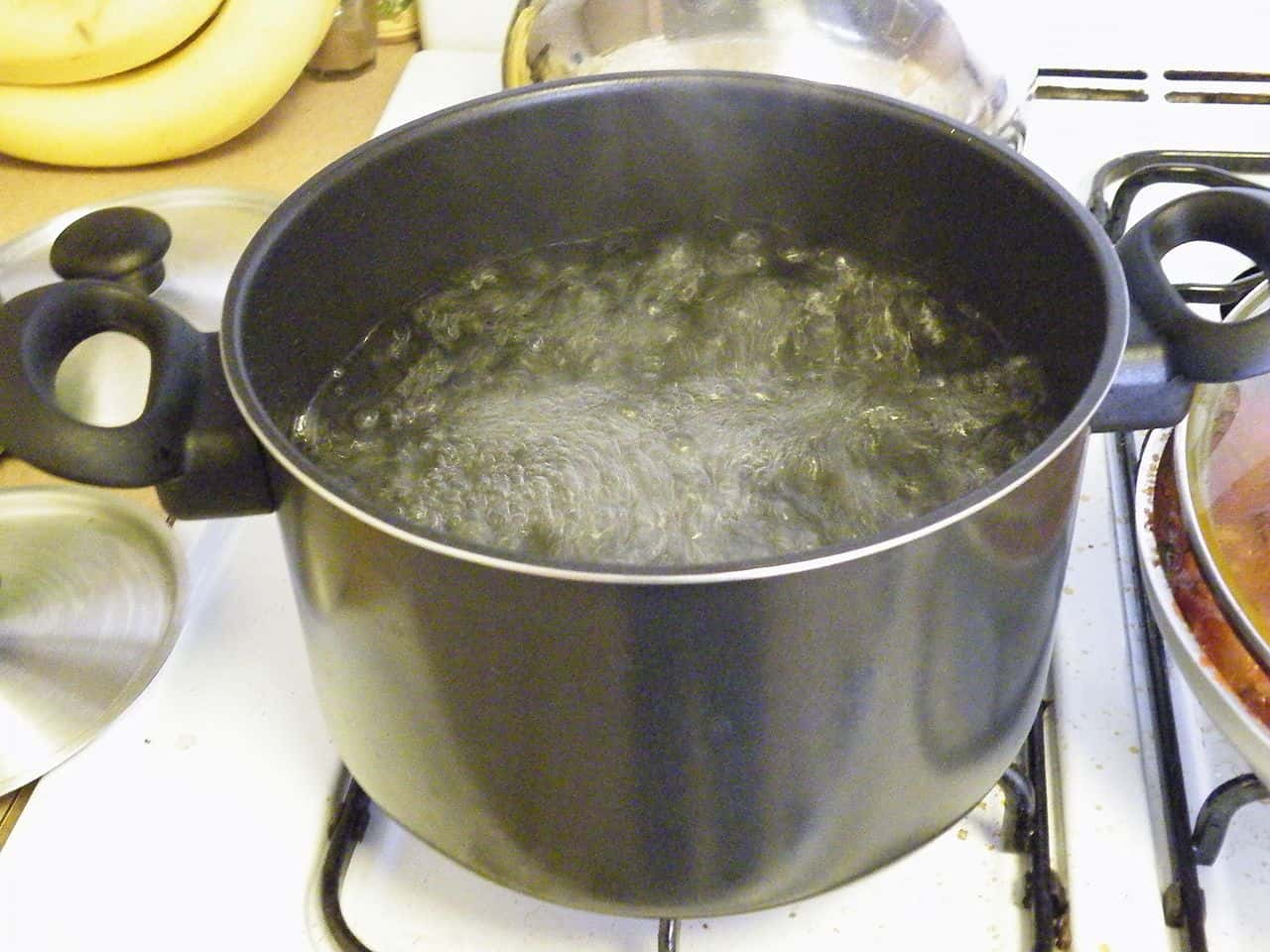
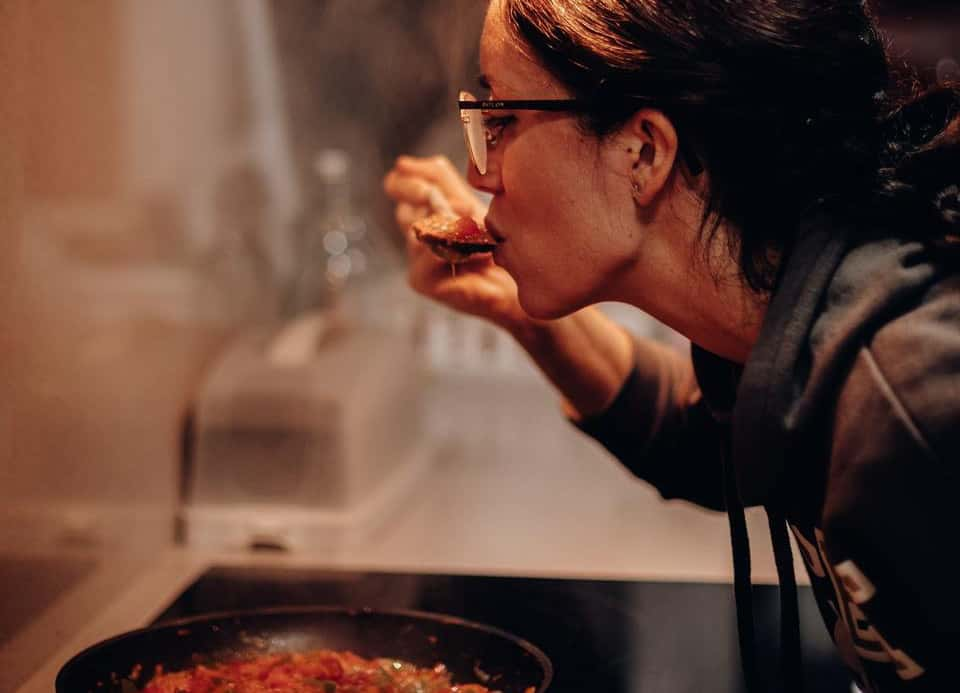
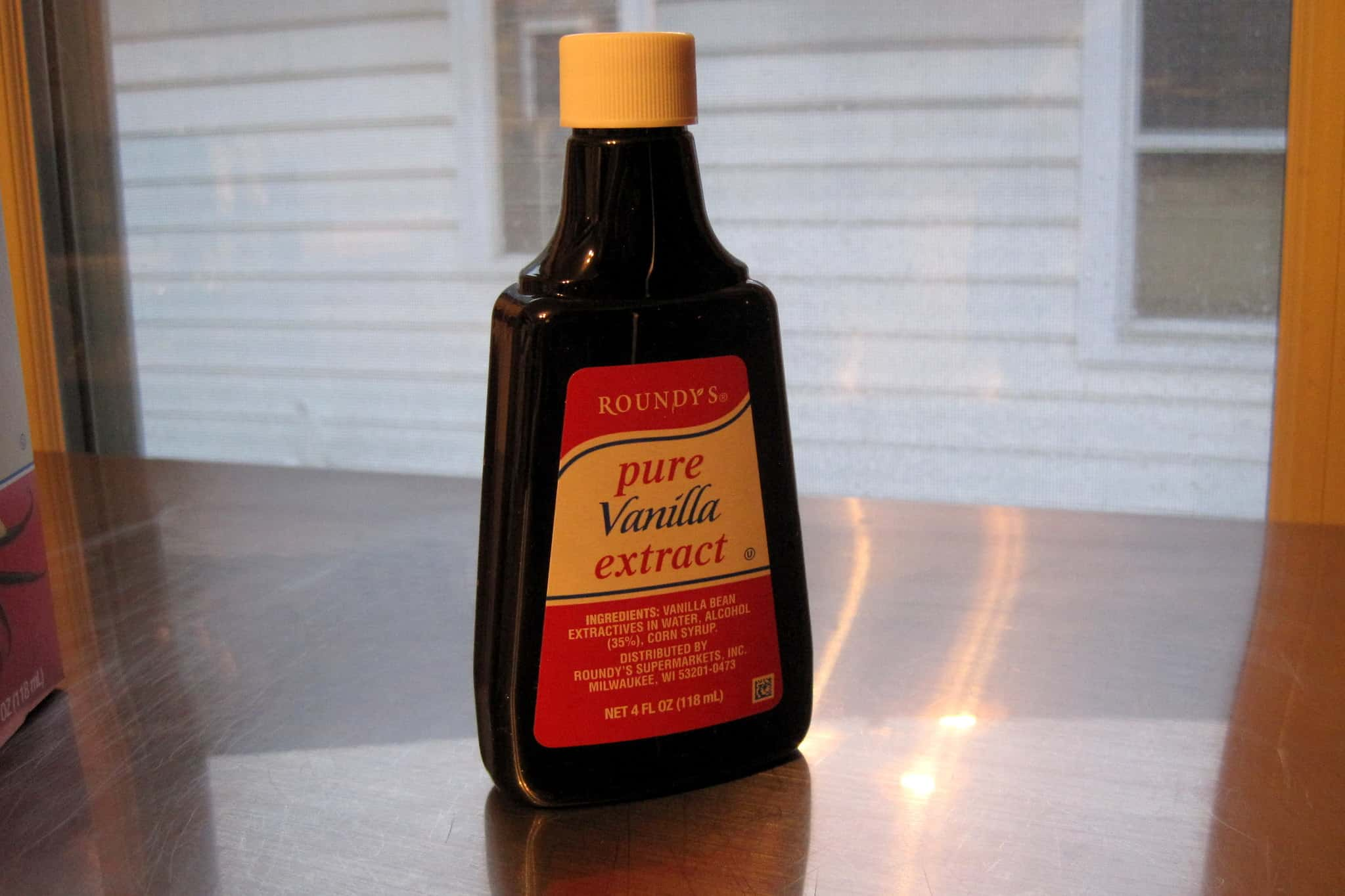
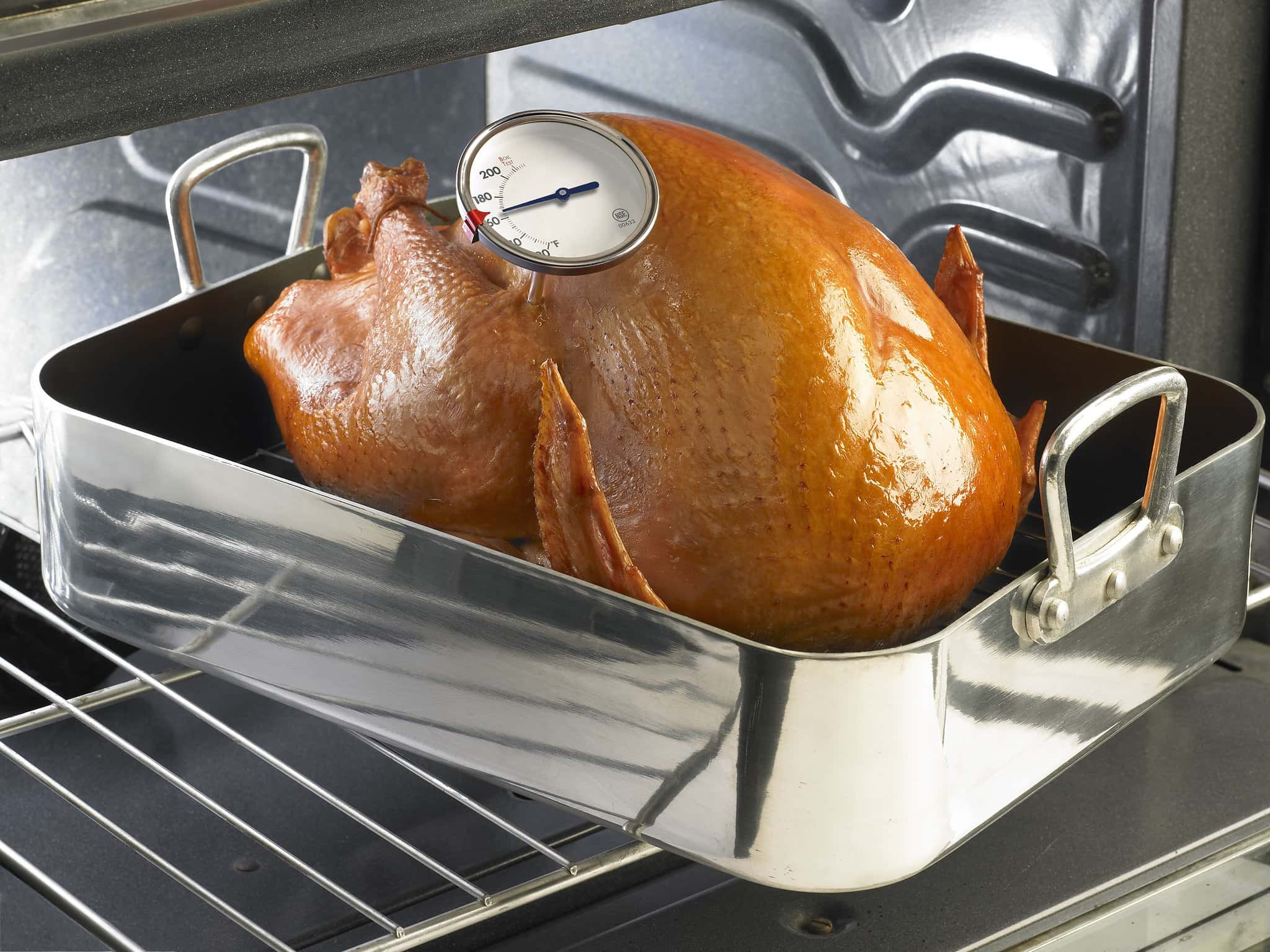
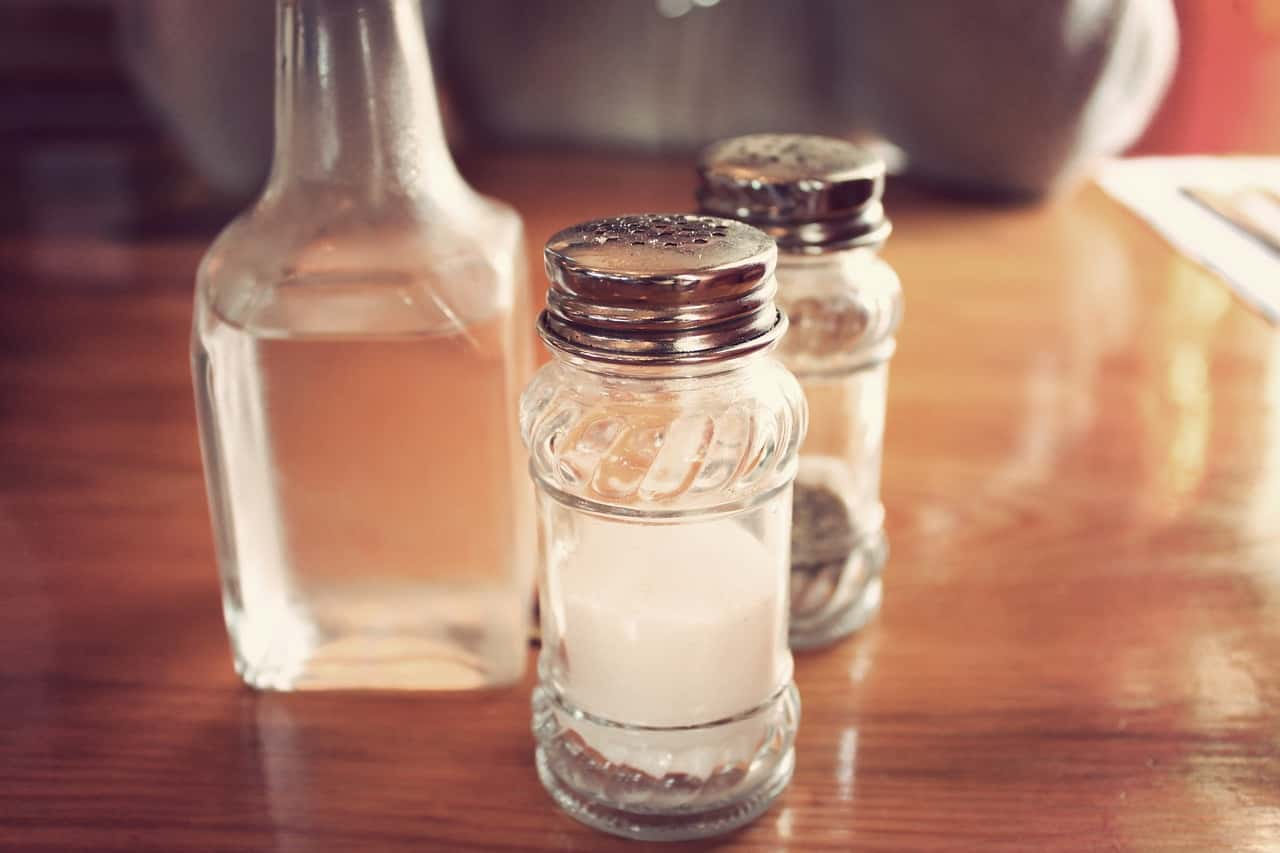
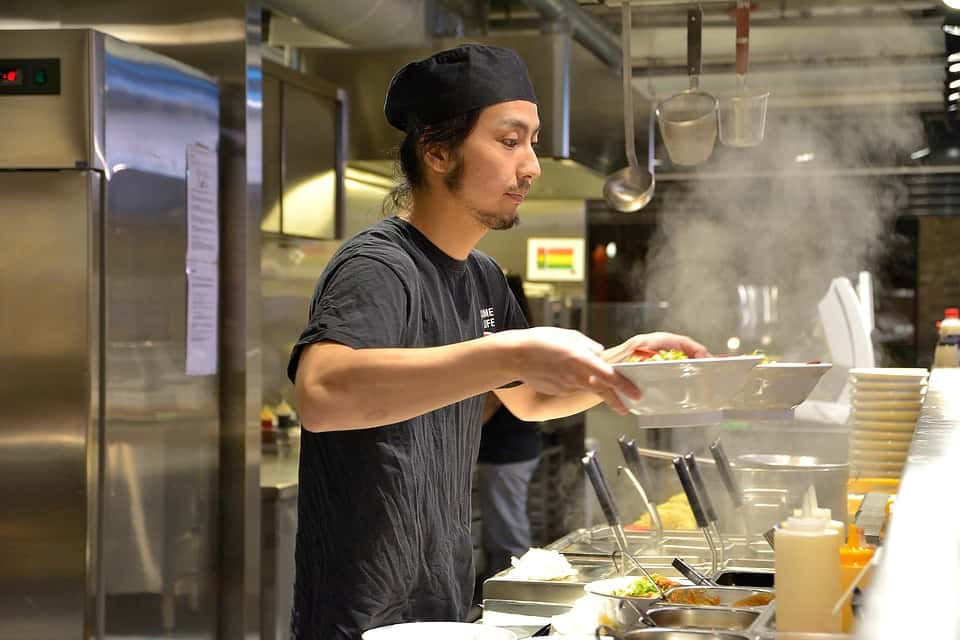

![Cookbooks [236/366]](https://www.humaverse.com/storage/app/media/humaverse/2019/09/7842721042_3ba3daf5f1_k.jpg)
